Note
Hey, first of all really appreciate your blog! I am an incoming LLM student at NYU. I don’t know if you have already covered it in detail but could you give me some advice on how you found your apartment (eg what Sites you used,..)? Would really help me out since I am currently looking for accomodation. Thank you!
Hi Franz! Nice to hear from you. I wrote about this and where I looked in this post: https://nyullm2020.tumblr.com/post/629245013344321536/lets-talk-about-housing
Basically, I looked on Gypsy Housing Facebook page and an Australian specific Facebook page for sublet rooms :) other people found one bedrooms and got guarantors
1 note
·
View note
Note
Hey there!
I’m so glad that I found your blog. I’m a Singapore-qualified lawyer and I’m really hoping to do an LLM in NYU, although what worries me is being able to find a job in NY or the US after graduation, and I’m glad that there are resources like your blog which have an insight into what job prospects are like for LLM grads.
I couldn’t help but notice that almost all of the people you mentioned in your last post took up roles either outside of the US or temporary positions (OPT / internship) in the US. Is there anyone at all (apart from yourself) who managed to get a full time role in the US?
Would love to hear from you! :)
Hi there!
Thanks for your message. I think it's worth mentioning a few things - 1) this was an extremely small cohort because of COVID and most people joining in January, rather than in August; and 2) many people already had roles lined up back home or were always very open to going back home if they found the right role.
There were a bunch more people from Columbia that we knew who found roles in the US if they were dedicated to it, and a number of other LLMs from Fall or Spring at NYU have since secured roles in NYC (they were from Brazil, Japan, the US, and the UK).
I think for someone like me who found a role in the US, the advice I received (which I think is spot-on) is that if you are really dedicated to finding something, you will. This includes talking to tons of people and really getting the right advice on how to present your experience in your resume, and finding the right connections. I broke this down in another post! It also will REALLY help if you are a transactional lawyer, or in arbitration (unlike me), and if you can show firms that your visa issues aren't too much of a hassle for them.
So, in short - I would spend your time now really building any US-related connections before you apply, and keep cultivating and building upon those while in the US. I also think that Harvard, Columbia, NYU and maybe something like Chicago/UPenn would probably have the best-connected professors to NYC firms.
All the best!
1 note
·
View note
Text
Graduation... and signing off!
I can’t believe we’re here already - the end of the road.
We just finished our last batch of exams (and celebrated a lot, including with a glorious trip to sunny Florida)!
The following week had our graduation week from the NYU LLM. Unfortunately, the all-University Commencement (on Wednesday) and the Law School Convocation ceremonies (the following day) took place online this year due to COVID. There were some nice touches though, like the Empire State building turning violet early in the week for graduation!
We were delighted, however, that NYU Law recognized that an in-person event (even if much smaller than usual) would be very much appreciated. NYU scheduled a masked-up ‘celebration send-off’ event on the Friday afternoon at the Law School, with some speeches from the Dean and other faculty, photos and ‘swag bags’ of NYU merch and snacks. We all had to submit negative COVID tests before the event, which was great to make sure we were all safe!
We promptly followed this with some rooftop drinks... because we are all fully vaccinated, after all! 😃


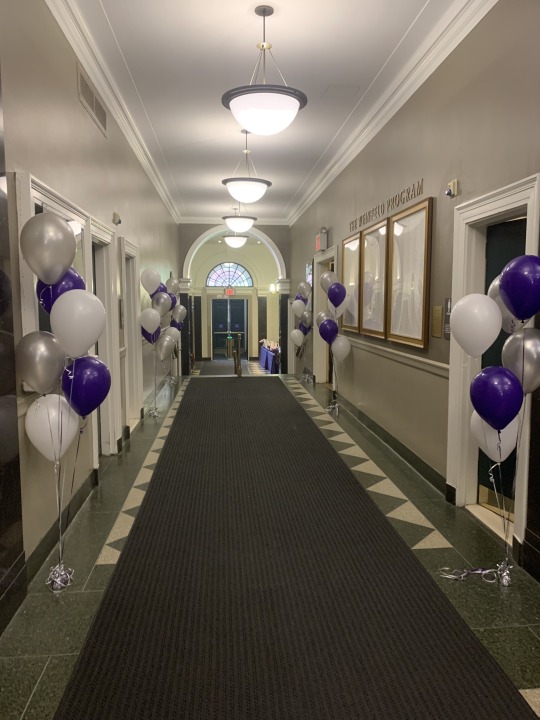
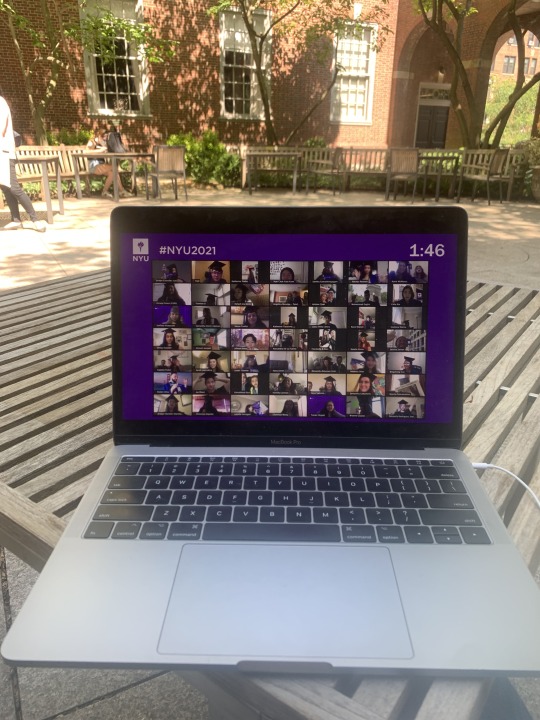
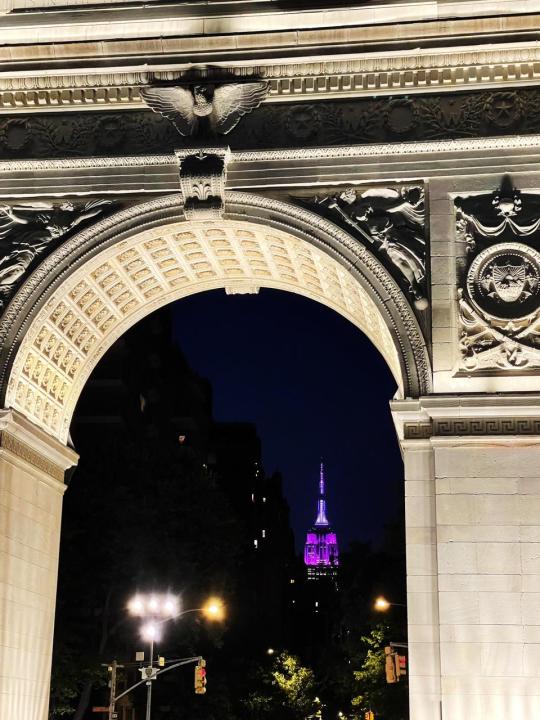
It’s been a really wonderful year, and I truly can’t believe how quickly it flew by. I made some incredibly amazing friends and was continually inspired by the people around me - including my professors, my peers, and my supervisors at my internship. I secured a job for after the LLM in the US (my main goal!) and I am pretty happy with how I balanced my classes and socializing - even if I sometimes felt stretched too thin, and like there weren’t nearly enough hours in the day...
I also received a Convocation Award for distinction in the Traditional LLM, which I was not expecting, but I was thrilled to receive.
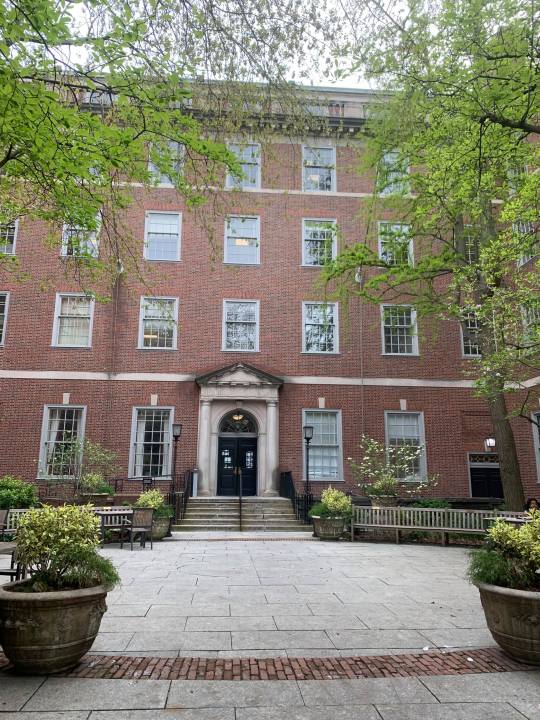
In short, if you are second-guessing whether to pursue an LLM in the US (such as at NYU), but you are passionate and motivated, willing to throw yourself into all the opportunities on offer, and enthusiastic about exploring a new city, don’t hesitate to apply and take up your spot.
Thank you for bearing with me in my first foray into law school blogging this year, and I wish you all the best and every success! And please feel free reach out to me here with any questions. 😊
1 note
·
View note
Text
My favorite serene spots in NYC
Sometimes you just need a place to find a little bit of peace in this crazy city - to read, have a coffee, people watch, or even just scroll on your phone... With that in mind, and as my time is wrapping up in this amazing place, here are my favorite places in the city to hide out:
1. Elizabeth St Garden
This is a quirky 1-acre community sculpture garden in the Nolita (which stands for North of Little Italy) neighborhood of Manhattan, located on Elizabeth Street between Prince and Spring Streets.
Unfortunately, it is set to be redeveloped into a senior’s village - but there is a lawsuit on foot to stop this. Get there soon, and fingers crossed the suit succeeds because this place is a true gem.
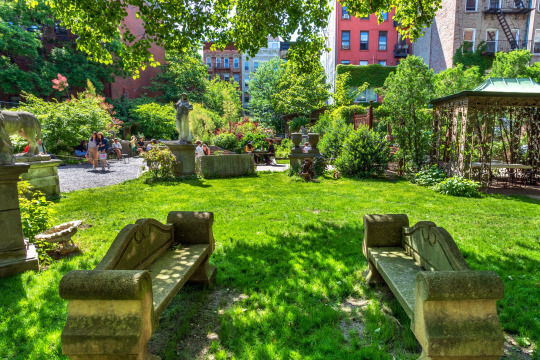
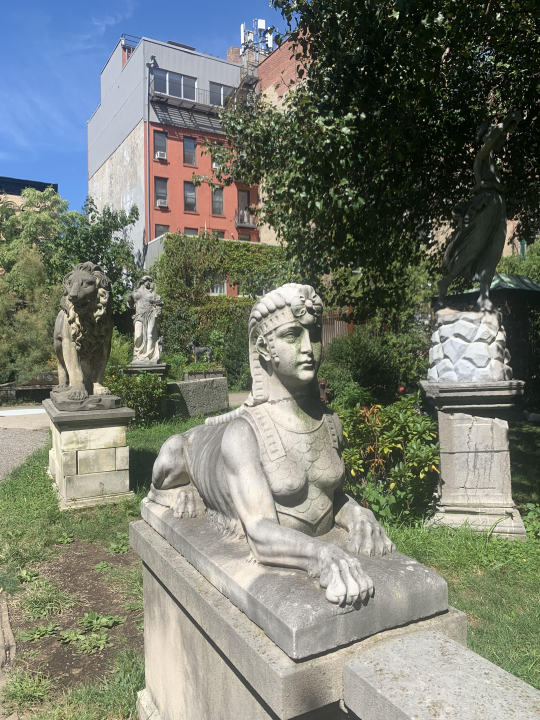
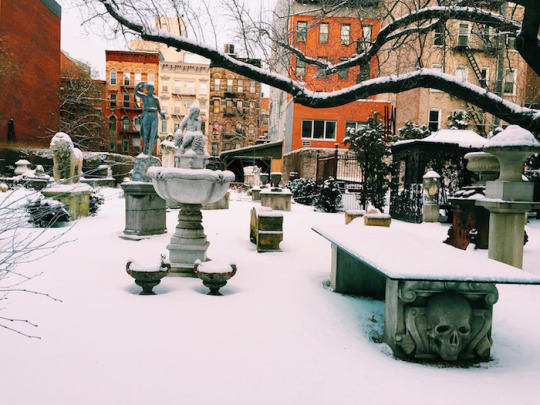
2. La Lanterna Caffe, Greenwich Village
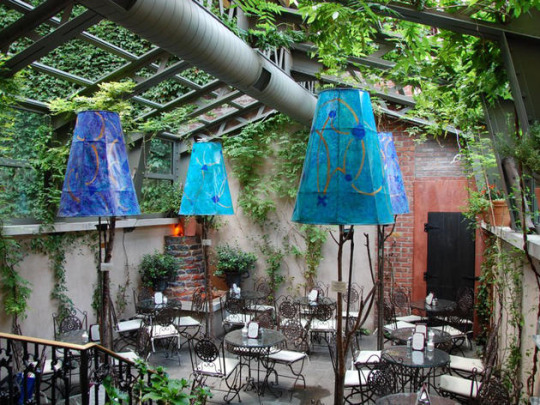
Amazing gem of a restaurant/café right across the road from NYU Law School. It’s very non-descript from the front, but opens up to this gorgeous back patio. The perfect spot for an aperol spritz, coffee, or pasta!
3. Conservatory Garden, Central Park

And even though it’s hardly groundbreaking - just Central Park in general through the seasons!
I saw the fall leaves in November 🍁
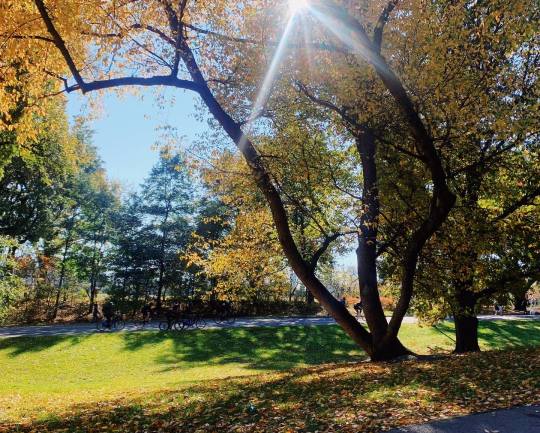
... the cherry blossoms in April 🌸
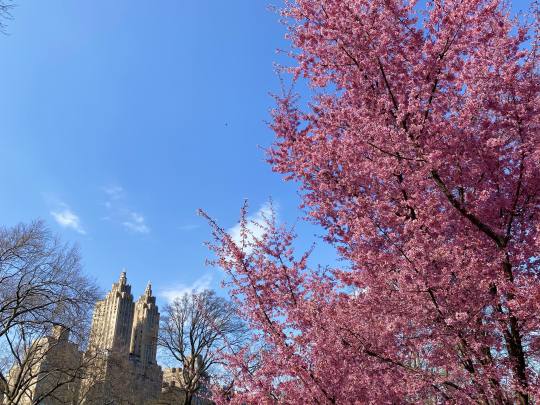
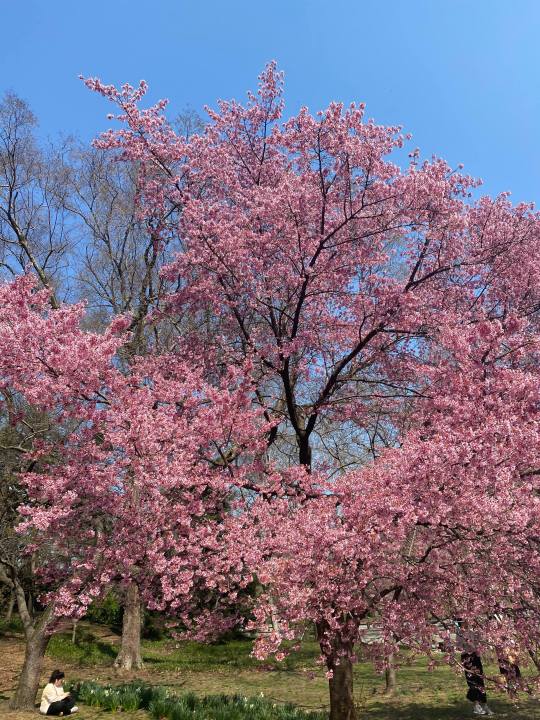
...and the lush summer greenery
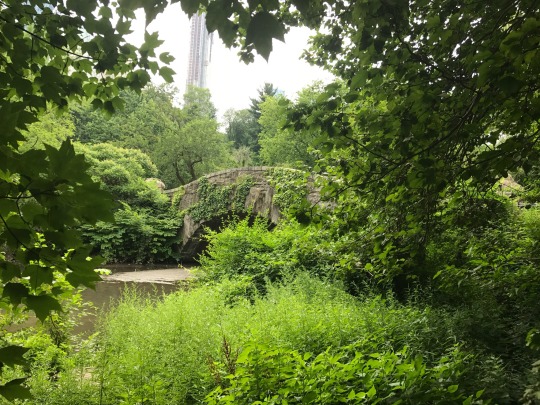
4. Brooklyn Bridge Park
You can walk over the Brooklyn Bridge (like I did in the picture below last August) or get the subway to Dumbo or Brooklyn Heights. There’re plenty of basketball courts in that blue structure over the water, that stellar view of the skyline, and lots of grass to kick back and read.

5. Brooklyn Heights Promenade
Now this is one of my favorite places in the city - especially since I moved to Brooklyn Heights in March and can sit and take in this skyline view on the benches with lunch or coffee! As you can see, it’s located just above Brooklyn Bridge Park, and there are cute dogs and babies on walks all down the promenade. This is the perfect place to relax in the sun, or take a romantic sunset stroll before dinner in Dumbo.
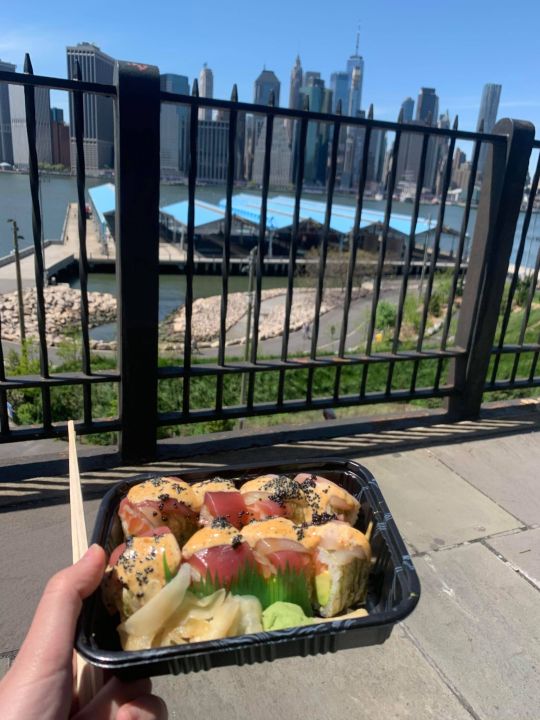
This was last night at around 7pm 🙌

Spring tulips along the promenade in April:

6. West Side Highway/Hudson River Park
When I lived in Soho near NYU, this was my go-to running/exercise spot. There are grassy piers and boardwalks, these cool wooden swings, wooden benches overlooking New Jersey, tennis courts, summery bars and restaurants, and even mini-golf!

Hard to complain about running in fall with this view:
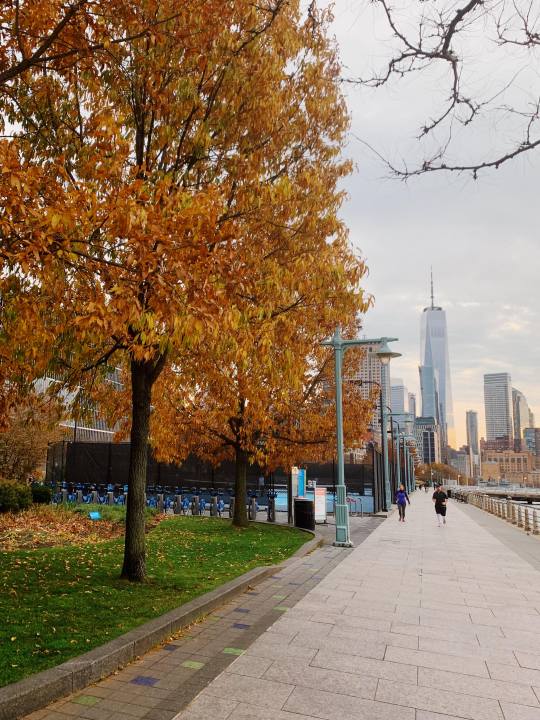
...or even in December with that biting winter cold when I got to see this sunset!
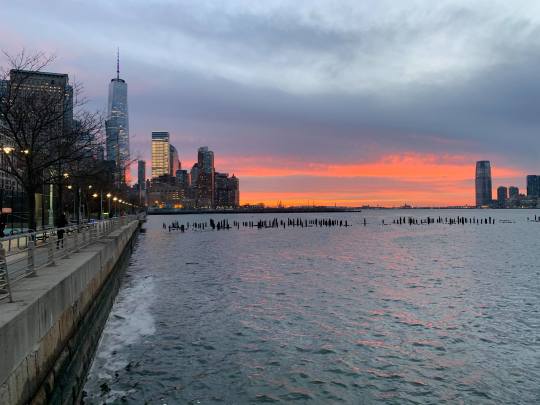
7. Wandering around Cobble Hill and Carroll Gardens, Brooklyn
This is a little bit off the beaten path, but you could make a day of heading to Brooklyn Heights Promenade/Brooklyn Bridge Park and then wandering around these nearby neighborhoods.
There are plenty of good cafes and restaurants nearby, and the well-kept brownstones and incredible care put into gardening just puts me in a good mood!

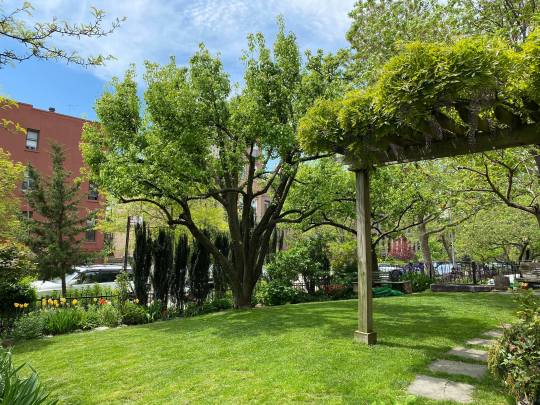
8. Vanderbilt Hall Courtyard, NYU
Last but certainly not least is NYU Law’s very own courtyard at Vanderbilt Hall. It’s pretty all year round, but especially in Spring when the magnolias, cherry blossoms and daffodils are out.

It’s a great spot to sit with a coffee and start all those readings you’re behind on, or to eat lunch with some of your LLM friends.
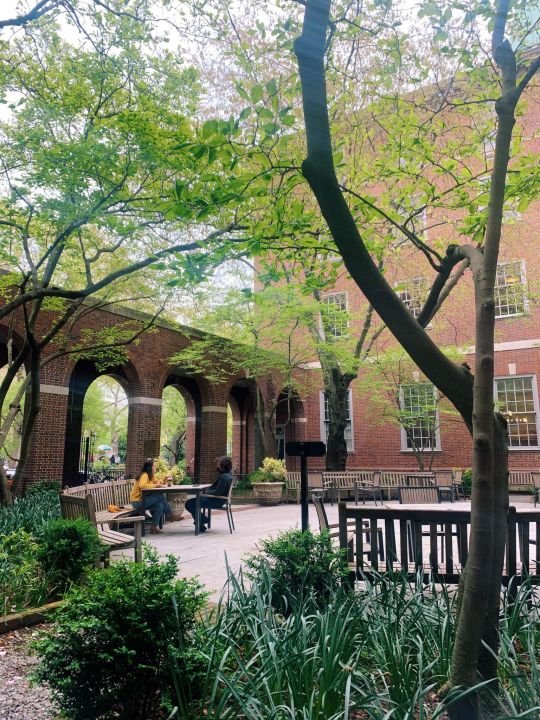
Here are some other places I’m hoping to get to in my last few weeks here:
Pier 35, Lower East Side
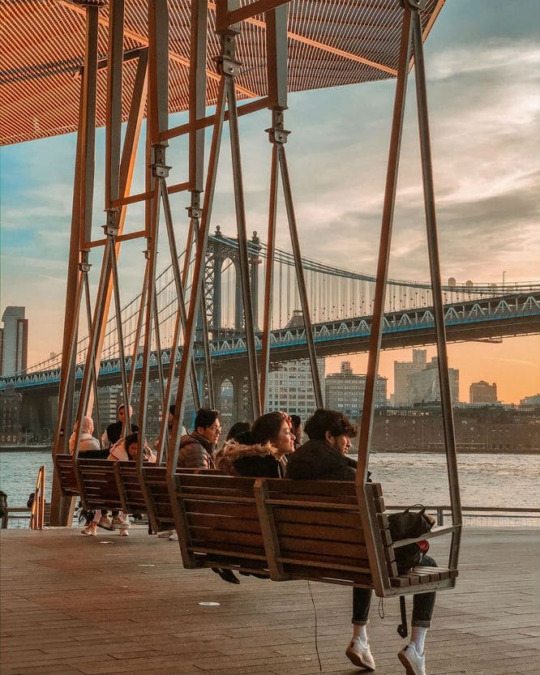
Fort Tryon, Met Cloisters
Up past the Bronx


Prospect Park, Brooklyn
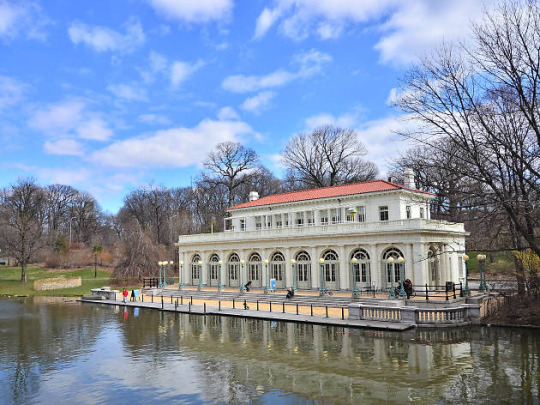

Enjoy! I almost wish I could live this year and discovering these places all over again 🙌
#nyc#newyork#nyu#lawschool#nycparks#gardens#elizabethstreetgarden#centralpark#brooklynheights#brooklynbridgepark#carrollgardens#cobble hill#brooklyn#llmguide
6 notes
·
View notes
Text
California, Brussels, London, New York and more: A look at the next career moves of the NYU LLMs
In my last post, I wrote a little about the crazy hustle it took for me to secure a dream role in litigation in my target city - Los Angeles, California. Everything about the journey to establishing my eligibility to sit for the California Bar exam (not a well-traveled path for NYU LLMs), and to get in the (Zoom) door and start interviewing in LA was tricky.
Ultimately, though, I really feel that my experience aligns with those of people I’d spoken to in previous years who secured a great role after the LLM, especially in NYC. In short, perseverance (even after you have almost given up), and *especially* networking (with connections from back home, people you meet here, and contacts of your professors), are critical. If you keep working at it every day, it will pay off.

I thought it might be helpful to write a little round up on the next career moves of some of my friends and peers in the NYU LLM now that we are graduating this week! This talented bunch is spreading across the globe, and I can’t wait to visit many of them once the world opens back up. Their exciting new opportunities is a testament to hard work and grit.
Bear in mind that we had a smaller group of Fall starters!
For their privacy, I have identified them by first initial and country of origin rather than their full name 😀:
1. Me (Australia): I was looking for a role in litigation in a private firm in Los Angeles - ideally a second-year role, but I was flexible about coming in as a first-year. I received two offers at firms in LA (at a boutique and a global firm) and chose to accept the second-year offer at the trial-focused boutique firm for a September start - and I’m very excited! I will sit for the California Bar exam this July.

2. U (South Korea): U secured a great OPT role at an elite litigation firm in NYC, Kobre & Kim, which focuses on international disputes and investigations. He will work in their office for 6 months-1 year before returning to Seoul to resume work at his previous firm. He is sitting the NY Bar exam this July.
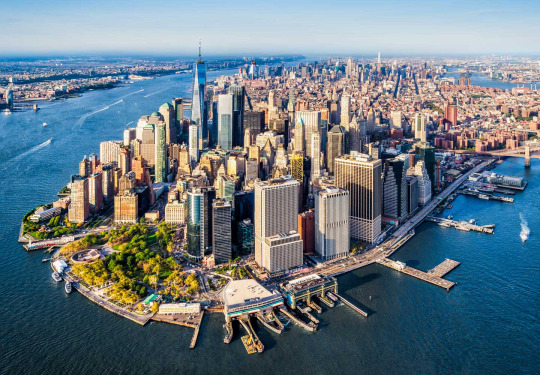
3. V (UK - England): V was a younger LLM fresh out of law school in the UK (not yet qualified in the UK), and a dual English and French speaker. He was looking for a role specifically in antitrust in New York, D.C., the UK, or in continental Europe. He didn’t have previous experience in this area, but took many classes focuses on antitrust, tax, and constitutional law (an area of interest) during the LLM. Unfortunately, he didn’t have success in finding a US-based role due to his inexperience at this stage in antitrust (and he also realized how exceedingly difficult it would be to establish eligibility for the D.C. bar due to the number of credit points you need to take). However, he has accepted a fantastic role at a prestigious US-headquartered global firm in Brussels, Belgium (Skadden) where he will be working on European and US antitrust cases, and is very excited about it. He is sitting the NY Bar exam in July.
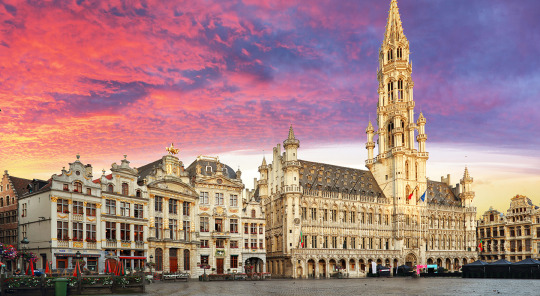
4. V (France): V had just sat for his examinations for the French Bar during the Fall, and had interned at some prestigious firms in Paris for a total of about 2 years. He was looking for a role in corporate/transactional law. He has accepted a great role at Paul Weiss in London in Corporate.
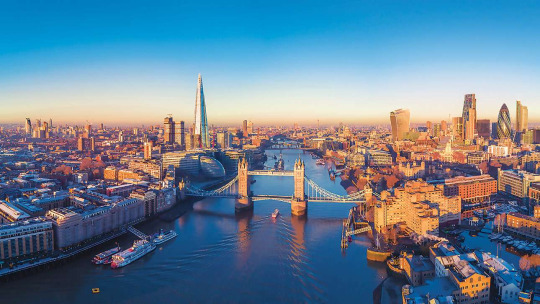
5. J (Germany): J is a fully qualified German lawyer who successfully defended his PhD back in Germany over the winter break while completing the NYU LLM (not impressive at all....!). He was looking for a role in NYC or Germany specifically in white collar criminal defense, and his classes at NYU were almost exclusively in this area. He accepted an exciting opportunity in Frankfurt, Germany at a prestigious white collar defense litigation boutique. He is sitting for the NY Bar in July.

6. K (Japan): K had a fully-paid scholarship from the Japanese Government for her LLM at NYU, and another year pursuing a Masters of Public Policy or Public Administration. She applied during her LLM for the MPP or MPA and ended up choosing to enrol at Tufts in Boston for the MPP for 2021-2022. She interned for the OECD and the US-Asia Law Institute during the semester, and secured an internship at the World Bank for summer. She will return to Japan after her year at Tufts.

7. D (South Africa): D’s background was in litigation and policy (including as a judicial clerk at South Africa’s Constitutional Court, working at a private firm, and advising the government on the constitutionality of laws). He secured a competitive summer fellowship at the UN through the NYU IFD Fellowships program, and will use that time to decide about pursuing the MPhil degree at Oxford, or exploring work opportunities in South Africa or the US.

8. S (Singapore): S attended NYU for the LLM as part of her degree at NUS. She has not worked extensively yet, but is returning to Singapore to attend the mandatory classes for the Singapore Bar. She will work at Baker McKenzie in Singapore after that.
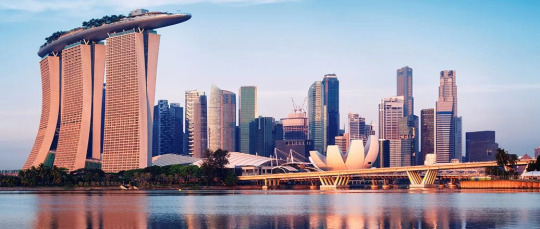
9. P (France): P graduated from the Sorbonne in Paris. He will be pursuing a UN Internship over the summer in NYC and sitting for the NY Bar, and is looking for opportunities in NYC or D.C.
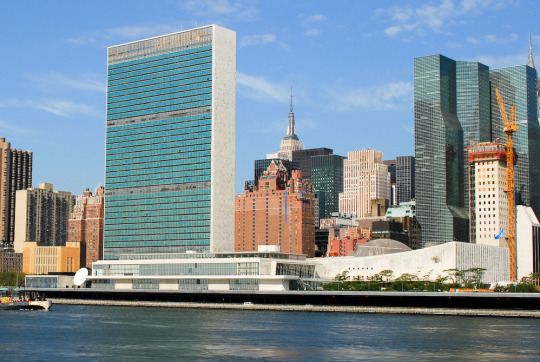
10. H (UK - England): H is returning to a pupillage at a fantastic barristers’ chambers in London to pursue her stellar career in human rights law. She is genuinely the next Amal Clooney (an NYU LLM grad, by the way!).
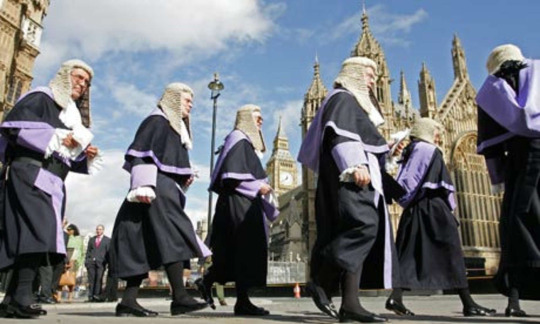
11. L (Canada): L is a recent graduate of McGill, and hails from Montréal. He is particularly interested in arbitration and litigation, and locked down a fantastic role at a Montréal-based French firm called DS Avocats as an articling student on his way to being admitted to the Canadian Bar. He is also sitting for the NY Bar in July.
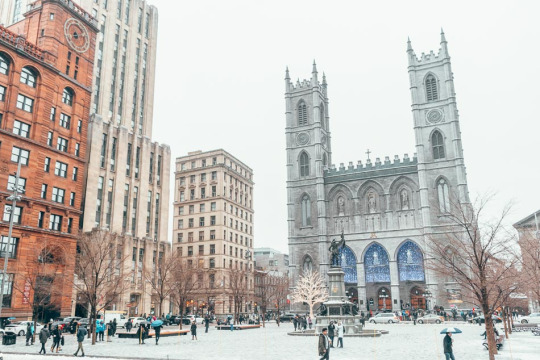
12. E (UK): E had been an intern at some prestigious firms in London and had a mini--pupillage under his belt, but was looking for a long-term role in M&A in a New York BigLaw firm. He did an internship at the Securities and Exchange Commission (SEC) in the Spring semester for NYU credit. He started the job search later, as he started the LLM remotely from London, but found his ideal job as an Associate at Davis Polk & Wardwell in NYC in M&A, starting in October this year. He is also sitting for the NY Bar.
13. Z (US): Z had graduated from a Top 25 Law School in the US (not Top 14) and wanted to focus more on his areas of interest - Art Law, Media Law, and Fashion Law. He secured a role as an Associate at Latham & Watkins in NYC starting in October 2021.
14. M (UK): Formerly based in Singapore, M secured a fellowship at the International Law and Development Foundation and is still based in NY. He is also sitting for the NY Bar.
15. H (Australia): H formerly was a lawyer at Baker McKenzie in Sydney and wanted to shift to a focus on cyber law and privacy, and was not looking for jobs in a law firm. She is staying on in NYC to be a Research Fellow at the Guarini Center in Global Law & Technology, and then will consider whether she wants to return to Australia or stay on in NYC. She is also sitting for the NY Bar.
16. M (Italy): M is from Sardinia, and had been working as a foreign associate in NYC for an Italian law firm for a few years before the LLM, working on cross-border M&A. She secured an Associate role at Fried Frank in NYC focusing on corporate finance.
17. G (Italy): G had been practising in Milan, focusing on Intellectual Property Litigation, and wanted to work for a year or so in NYC before returning home. She secured a role as a Foreign Associate at Cleary Gottlieb Steen & Hamilton in NYC in IP on the transactional side, and is really enjoying it so far.
18. D (India): D wanted to find a role in NYC or London in Corporate/Transactional law. She is now working Ropes & Gray in London in the High Yield team.
A few more LLMs (including from Greece and India) have opportunities back home but are still looking for roles while they study for the NY Bar exam. I have no doubt they will be successful.
I hope this was helpful!
0 notes
Text
How to lock down a legal role in the US after the LLM year
I know that many of you would ideally love to live out the Suits dream and find a role in the US (likely in NYC) after your LLM - whether it be in a public interest fellowship, as an OPT year (as a foreign associate at a law firm), or in a more permanent capacity after being admitted to the New York (or other state) bars.

The question for many people (including me) at the start of this year was - how do I it? There are a million other little questions too, like:
How do I even begin to research all the firms in the US city I’m interested in?
What states can I sit for the bar exam in? (spoiler - it will likely be NY, California, Texas, and maybe D.C. - but D.C. has trickier requirements than most)
How do I pursue OPT opportunities?
Will I be able to get a job through official LLM/Career Services Office channels, like the ISIP Job Fair, or will I need to go it alone?
I thought it might be helpful to set out what my goals were, and how I achieved them and secured a permanent role in the US.
Apologies in advance for the long post! It was a long slog, and I really want to try and be as specific as possible, because I know these posts were helpful for me.
My background
First, I think it’s really important that I tell you a little bit about my background. I am Australian-trained, and admitted to practice in my state of NSW. I had about 18 months of full-time experience in a large law firm, and 1 year of experience clerking for a judge in Sydney at the Supreme Court in my state.
One thing about me that is different to most foreign LLMs is that I have dual US-Australian citizenship. Australian lawyers have an advantage in securing US roles, because they have a specific visa category in the US and can stay almost indefinitely as long as they are sponsored by a law firm. In my case, because I am a US citizen (through my mother), I could sell myself as permanently relocating to the US with no visa hurdles. While I think this definitely helped, this is by no means definitive and many firms (especially in NYC) are very familiar with and open to hiring foreign lawyers with more limited visas.
What I was looking for
First, I was looking for a role in litigation. There’s no way around this fact - it’s much harder to find medium and long-term litigation roles than it would be for those looking for corporate or finance (transactional) roles in law firms, or short-term public interest fellowships. This is because it’s a more jurisdiction-specific area of law, and firms are often looking for key indicators that we LLMs don’t really have under our belts - Law Review membership (LLMs are not eligible for this), mooting experience and accolades, and similar.
I also think it’s fair to say that US lawyers are a little bit US-centric in their thinking, and rightly or wrongly think that foreign lawyers will have trouble adapting to US procedure and substantive law. This just means you have to work a little bit harder to convince them that you’re a fit!
The other thing I was looking for was unusual - a job in Los Angeles, California - not New York.
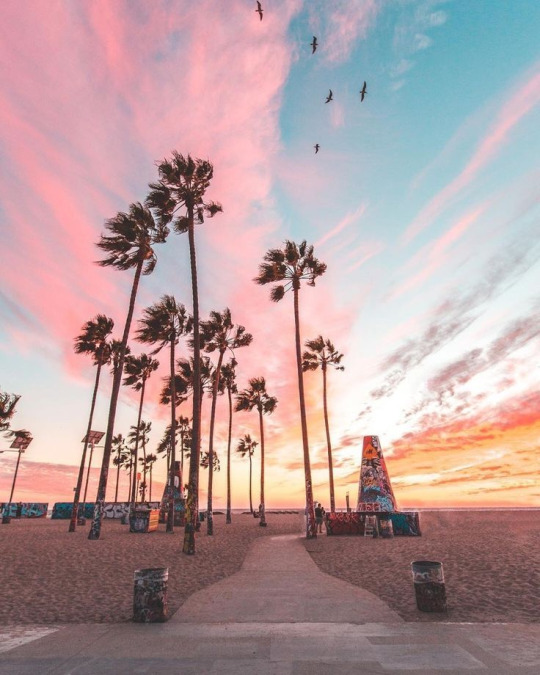

This was for personal reasons - my partner is American, and his career is based in LA. It was also for professional reasons - LA and California more broadly is actually one of the busiest litigation hubs in the US, and I was interested in tackling a broad array of matters, ranging from business litigation in traditional business and tech, to media law (defamation, privacy, Section 230, First Amendment issues, and so on), to white collar defense.
In fact, I actually did not apply to any New York firms. This is definitely atypical, and it meant for me that I could not rely on official channels like the NYU ISIP (International Student Interview Program) job fair (no LA firms seek students through those fairs). I had to go it alone with my networking and applications.
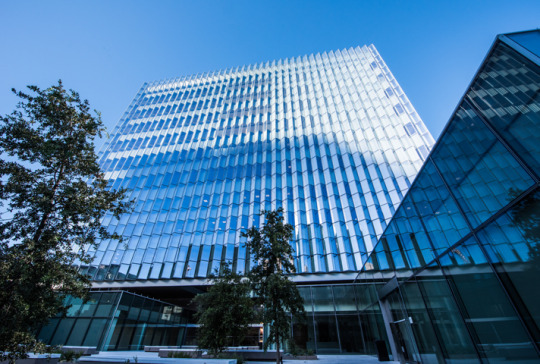
Federal Court for the Central District of California court complex.
What role did I eventually accept?
After talking to a number of people at a range of firms in downtown and the west side of LA, and formally interviewing at two firms (a global firm and a litigation boutique), I eventually accepted the litigation boutique role as a second-year associate.
As a side note - American interviewing processes are long!! I had 9 interviews (9 x 30 min interviews with individual lawyers) at my new firm, and multiple days of interviews at another firm.
I am very excited about the opportunities at this firm, which has great lawyers and incredible clients, and they were very generous in their benefits offered (including bar and bar prep cost reimbursement, a study stipend while I’m studying for the bar, relocation expenses, and so on).
I’m grateful and excited to start with the firm in September after the California Bar exam in July.
How did I do it? My general approach
In short - I hustled really hard.
Before I left Australia, I made all the connections I could with people I knew, and friends of friends, who were working in the US. Not many of these connections were in LA, but they were a start.
I kept these efforts up by email, phone, and Zoom over the Fall semester, and tapped further into my network to have ‘informational interviews’ over Zoom (basically just informal introductory chats). NYU has great resources to guide this process, including this handbook and frequent talks and seminars with the Office of Career Services (OCS). You can also make individual appointments with the great team at OCS whenever you want to check your approach and practice mock interviews.
I spent Fall really just digging into the LA market, because I didn’t know much about it. I researched on Benchmark, Vault, Legal 500, Law.com, and other resources, and built up a picture of the market and my goal firms. I also took note of what people I spoke to told me about firms to avoid and great firms.
When Spring came around and I had my grades, I reached back out to people I had spoken to at firms to send through my transcript and reiterated my interest in pursuing opportunities with them.
Crucially, I also asked professors if they would be comfortable connecting me with any of their peers or friends. A number of the most fruitful conversations I had were from these contacts, and this was ultimately how I secured my role. A prominent professor vouching for you will go MUCH further than a ‘cold’ email with no introduction.

I tried to stay organized and made a big spreadsheet - with one sheet listing every person I knew or knew of in LA and New York, their roles and firms, and their contact details, and one sheet listing all the firms I was at least a little bit interested in (at one stage, it was over 40 firms!!). Every time I received a ‘no’ from a firm because they didn’t have the business need, or because my experience/background wasn’t what they were looking for, I kept track of this and crossed out the firm. I also kept track of when I had last contacted my contact at the firm.
Hurdles I experienced
There were.... a few. In short, LA was a really tough market to break into. Almost every firm I spoke to told me they had never hired an LLM before. They said there was no reason why they wouldn’t, but they just hadn’t. This made things tricky, because I really had to convince them of my value and worth to them.
I think there were a few things that helped here: I emphasized that I (1) had no visa issues, (2) came from a common law and English speaking background, (3) had significantly more experience in litigation and in firms than the average JD, and (4) was flexible about the ‘level of designation’ I received (ie whether I would start as a first-year associate or second-year). I was willing to take the ‘cut’ in years because American attorneys are exponentially better paid than lawyers from most, if not all, other countries, including Australia, and I knew the work would probably be substantive and meaningful anyway.
Many firms told me they didn’t have a hiring need (because of COVID, or because they had just hired people, or because they don’t hire juniors at my level) or told me they were looking for something different (e.g. US judicial clerks).
Also - I didn’t have any success with getting interviews through job postings on Linkedin or elsewhere - it was all about the networking. Professors and other contacts are absolutely worth their weight in gold here.
Key take aways
1. Use your network as much as possible. At least four of my NYU professors had connections in LA, and both my job offers came from this route. Specifically, my clinic professor put me in touch with a former colleague who used to be a federal prosecutor in LA, and he spoke to me and then put me in touch with partners at private firms who he used to work with at the US Attorney’s Office. It goes without saying that you need to make an effort to connect with your professors for this to work well - speak up in class, do good work, and attend office hours to introduce yourself.
2. You need to be resilient, and keep persevering. You will probably be used to being ‘front of the pack’ in your home country, with no issues securing a great job. The US is a different and pretty ruthless and insular market. If you don’t succeed through one route, find another door to push on and keep going. I was exhausted and a little demoralized by March in the Spring semester, but then I had my job by April because all the interviews happened quickly after making the right connections.
3. Try to be organized and systematic. Set aside a certain amount of time every weekend, or even for 15 minutes a day, to pursue different avenues or email people on your list. Keep a spreadsheet like I set out above.
4. Consider taking classes that show you are serious about staying in the US, if relevant. I took substantive classes like Evidence, Civil Procedure, Constitutional Law, Professional Responsibility etc for the bar, but also to show that I was interested in building a US career. This helped interviewers to see that I had a decent grounding in US law. I also took classes in trial advocacy to show that I had gained an understanding of US-style court advocacy.
5. Be polite, but sell yourself. Point to impressive achievements (Research Assistantships at NYU and top grades achieved, great internships), connect your experience with what their firm excels in, and ask for a short period of their time to connect. In doing this, try to ‘Americanize’ yourself. All I mean by this is to explain your connections to the market, show your achievements in an American context (US law schools, US internships), and point out clients you serviced back home that they would recognize.
6. Polish up your resume. It must be *1 page* (this was hard for me!) and set out exactly in the format set out in the handbook I linked above. Your Office of Career Services can help with this! Try to set out items in a specific and concrete way that conveys your achievements:
e.g. “Defended X Company against shareholder claims in expedited four-week trial concerning $200M takeover. Drafted successful motion for separate preliminary hearing on proper construction of the shareholders’ agreement; assisted in preparing Managing Director and a senior Director for trial; formulated cross-examination strategy.”
7. If you have a great writing sample after your Fall semester (drawing on US law), this might also be helpful in showing your writing competency and grasp of US principles. Check with the Office of Career Services if you aren’t sure, but this helped me. I submitted a paper I wrote about constitutional law.
You will get there with time, patience, good humor, and hard work.
Please reach out with any questions! 😃 and good luck!

1 note
·
View note
Text
The Beginning of the End
I write this from the beautiful NYU Law Vanderbilt Hall courtyard, in my second last week on this amazing campus.
I start my exams in 4 days (!!!) and I finished classes last week. It’s hard to believe!
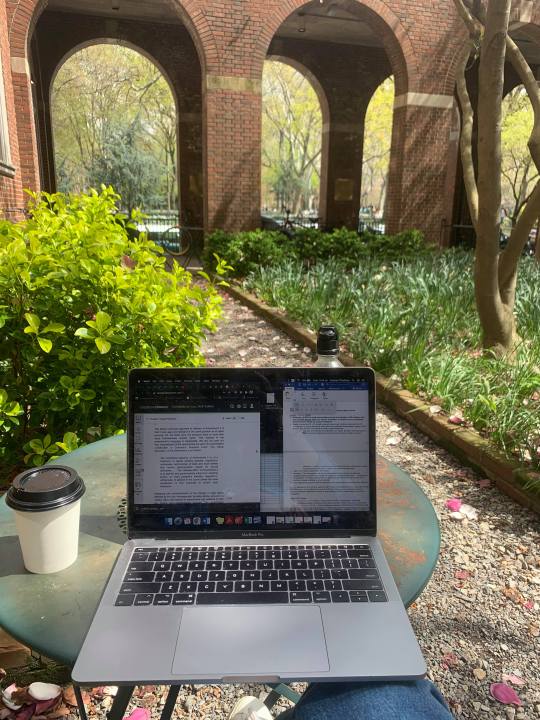
A lot has happened since I last posted. I finished my classes and my externship, got vaccinated, made many more LLM friends who started in the spring and JD friends, and I was interviewing at a few firms in the US. I’m very happy to report that I got an associate role at a firm last week! More on that in my next post, because I know many of you are probably looking for positions in the US after your LLM.
I went to my first baseball game - Yankees vs Orioles at Yankee Studium, and I had a lot of lunches and coffees in the sun at Washington Square Park with LLM and JD friends.
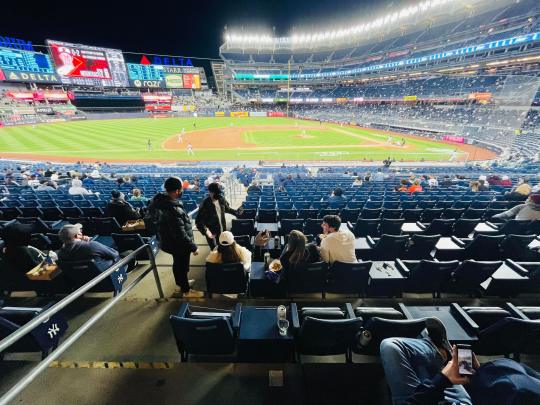
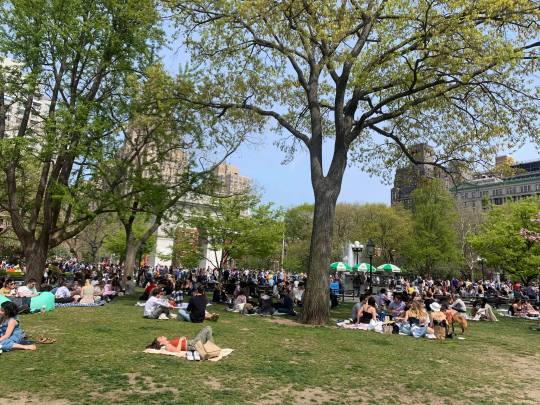
I took about 1 million photos of tulips and other flowers around the city...
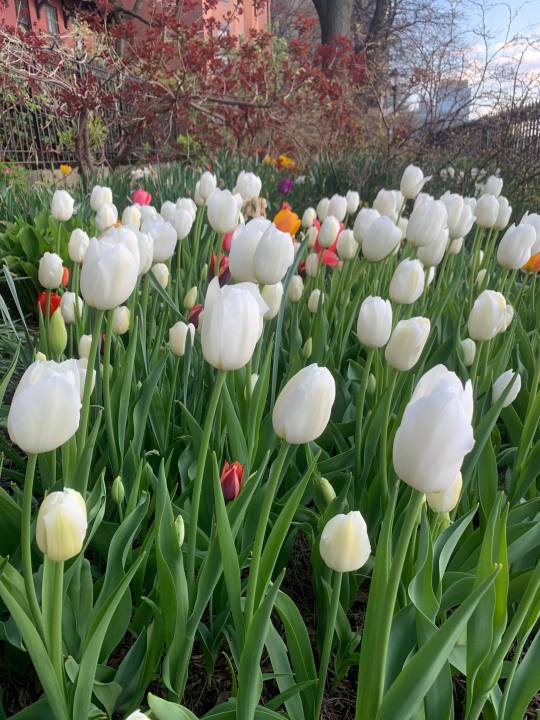
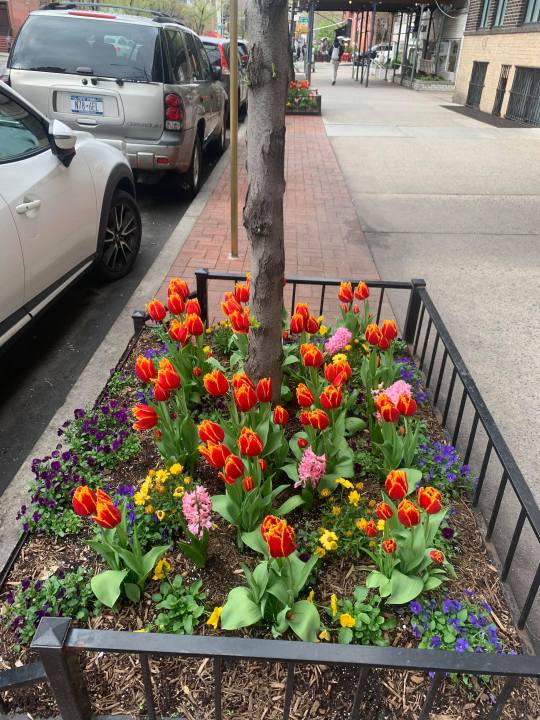
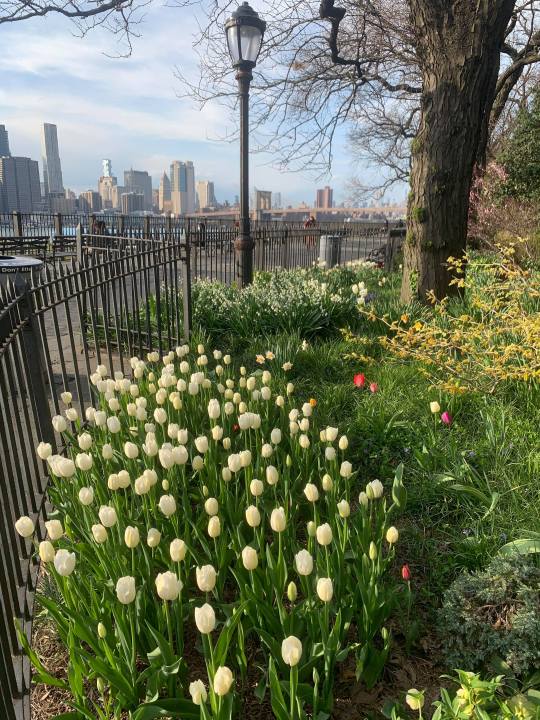
And I was also able to meet with a few of my professors for coffee and drinks (yay for the US’s roll-out of vaccinations!). This might seem trivial, but it’s been so nice to be able to meet professors and my work supervisors at the DA’s office in person for final drinks - it feels like the world is semi-normal again in NY. 🌞
On that note, I just want to take a moment and say that I know that many of you in your home countries (especially India and Brazil) are really struggling right now. Many of the students here have had family and friends that have contracted COVID, and if this is the position you are in, I am truly sorry. My thoughts are with you, and I hope you will still be able to travel to the US to undertake your LLM later this year if that is still your goal.
It’s so strange knowing that my time here is nearly up. I’ve loved this year, but it really has gone by so quickly. And even though I’m so glad I came to start the LLM in the Fall Semester, and I made very firm friends with the small group that started with me, it’s sad leaving our new Spring starter friends behind knowing most of them have a whole semester to go! At least I know I will come visit them, as I’ll still be in the US next semester.

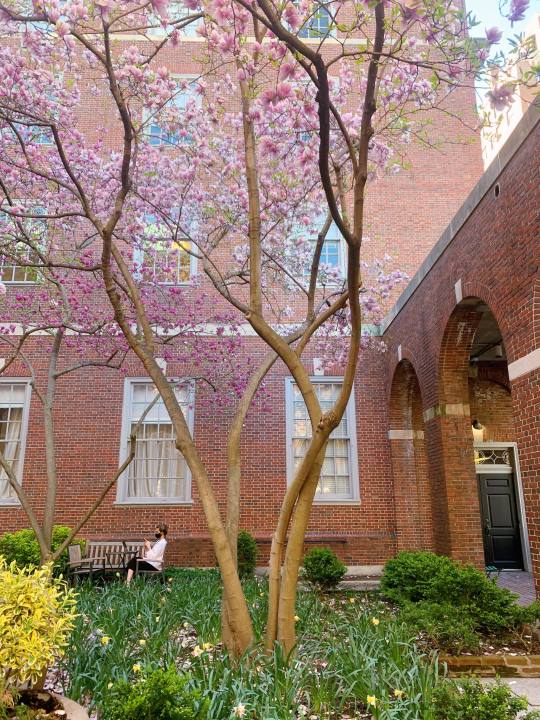
Even the quad has changed so rapidly - from the beautiful magnolia buds above in March, to this equally beautiful summer green of the moment in late April:

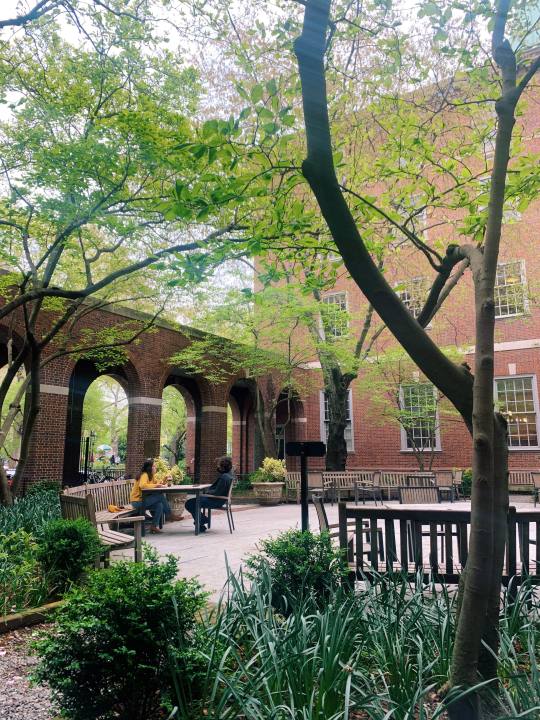
Our graduation is coming up in May, and *very* sadly, it won’t be in person. However, you had better believe I will still be getting photos in my cap, tassel, and gown! And we LL.M.s have planned some informal celebrations, especially as we will all be fully vaccinated by then.
I now am going to drag myself into the library instead of procrastinating, but look out for my upcoming posts:
1. How I got a law firm position in the US (in litigation), and what my other LL.M. friends are doing for jobs post-graduation;
2. Making the most of your LL.M. (there’s a million ways to do it, but this will be some tips from my perspective); and
3. Some of my favorite places to relax and decompress in NYC from my year here. 💃
3 notes
·
View notes
Text
Spring has finally sprung in NYC!
Now that we’re in late March, the snow has thawed and the feel of spring is in the air! Everywhere I go, I see beautiful spring blooms - daffodils, cherry blossoms, pansies, and petunias - and we’ve had some beautiful warm days recently. As in 27 degrees Celsius this past Friday 🤩🌸
I've been able to enjoy long walks and runs by the water in my new neighborhood of Brooklyn Heights, sunny outdoor lunches with a few LLMs, and nice picnics, like one in McCarren Park in Williamsburg (Brooklyn). It feels like everyone is out and about. With the increased vaccinations across the city and this gradual warming up, good vibes are high!
I know many of you are about to choose your law school for your LL.M., so here are some spring pictures to make you fall in love with NYC!
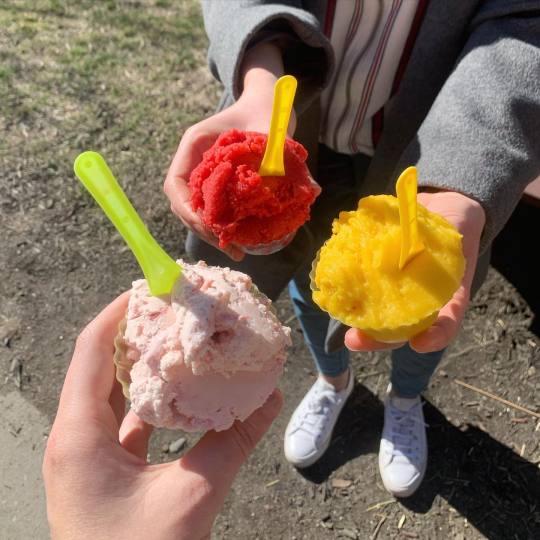
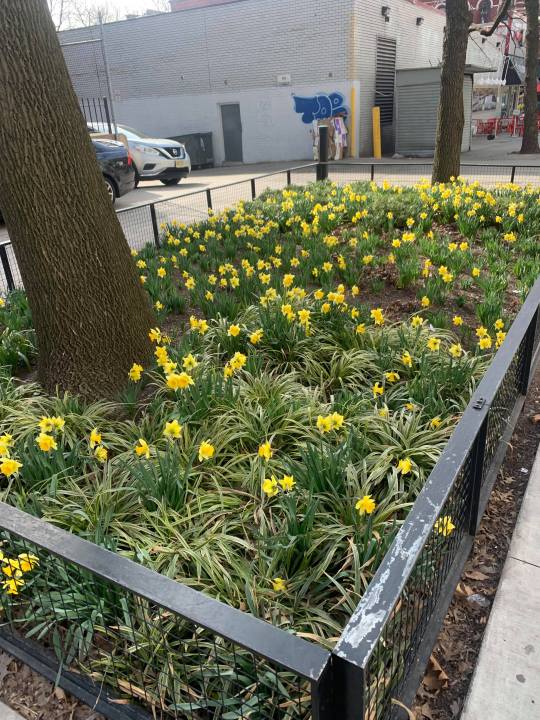
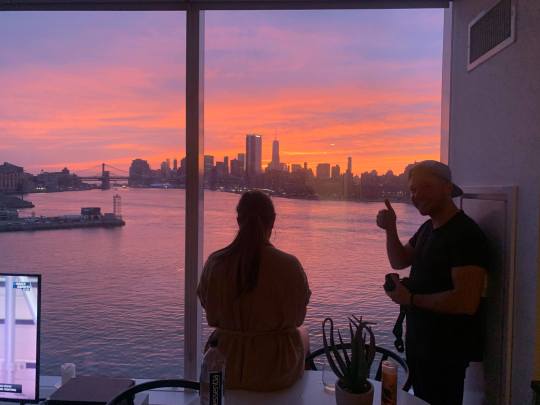


McCarren Park
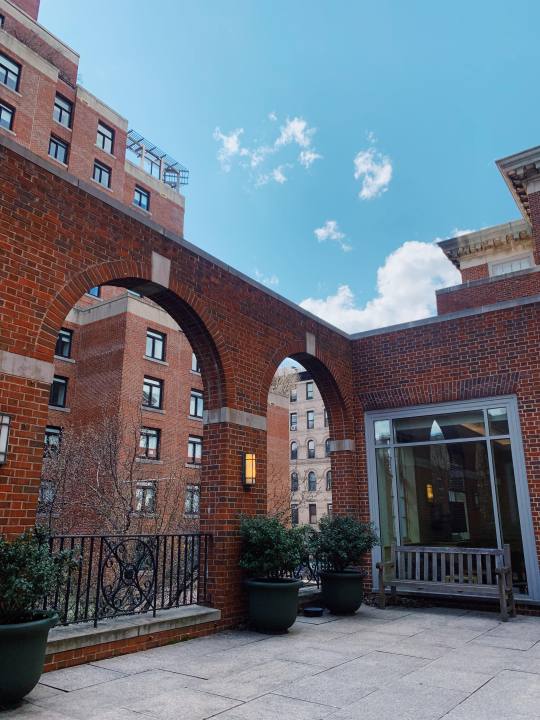
NYU Vanderbilt Hall terrace in the sun 🌞
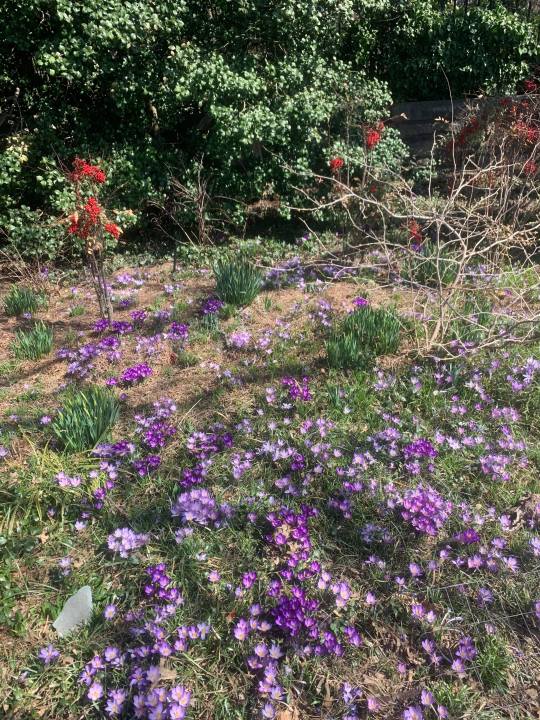
Wildflowers on the Promenade in Brooklyn Heights.

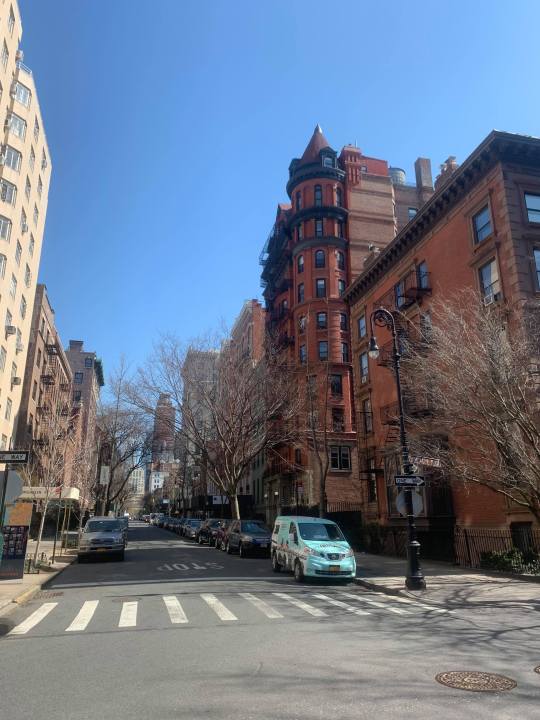
I also recently took a trip with a few friends to a home in the woods a few hours upstate, complete with a campfire (and toasted marshmellows, of course), hot tub, lots of hiking, and exploring some of the cute towns in the Hudson Valley. I highly recommend Cold Spring and Beacon!
We still have a few weeks before things get busy with studying for finals, but I’m sitting the Multistate Professional Responsibility Exam (MPRE) this coming Tuesday (a component of all state bar exams, including NY and California). Fingers crossed!
0 notes
Text
A deep dive into two of my favorite classes at NYU
Hi all! I have had some questions from readers about what classes are like at NYU.
I thought I might procrastinate a little bit on my readings for my next class, and write up a post going a little more in-depth on two of the classes I have enjoyed the most while at NYU - one that was held during the Fall 2020 semester (Mass Media Law), and one from this current semester, Spring 2021 (Advanced Trial Simulation). For me, these classes are both representative of the incredibly diverse range of classes at NYU taught by adjunct professors, the close relationship NYU has with the broader legal community in New York City, and the practical orientation/style of many of the law school classes.
Mass Media Law
This was taught by the wonderful Prof. David McCraw, the Senior Vice President and Deputy General Counsel (and lead newsroom lawyer) of The New York Times - who teaches in alternating semesters at NYU Law and Harvard Law. We examined how the First Amendment, in combination with tort law, statutes, and common-law principles, shaped the rights and limitations for media publishers. We covered topics like defamation/libel, protection of confidential sources, prior restraints on publication, invasion of privacy by publication, criminal liability for publishing classified information, legal limits on newsgathering, and access to information.
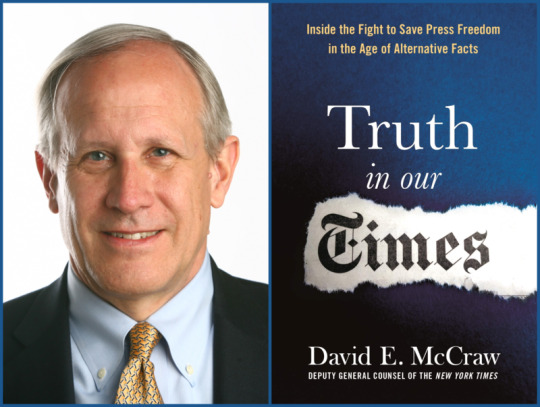
Advanced Trial Simulation
ATS is designed to give students practical trial experience. At the outset of the class, the professors taught us basic trial skills (rules of evidence, do’s and don’ts of opening statements, closing arguments, and witness examination, etc) in a lecture format.
The class was then divided into trial teams of four students each—with two plaintiff’s counsel and two defense counsel. The semester then had 4 simulated trials with different fact patterns - e.g. I had a wrongful death suit based on an allegedly defective drug. Students either had to deliver an opening statement or closing argument, and were required to run one direct examination of a witness and one cross-examination of an opposing witness (the witnesses were played by pre-law students from NYU’s undergrad programs, and you had to prepare them). Pre-law students also act as a jury and deliberate on a verdict, and then, unlike in real life, the ‘lawyers’ and the rest of the class are able to view the deliberations and hear the jury’s thought processes.
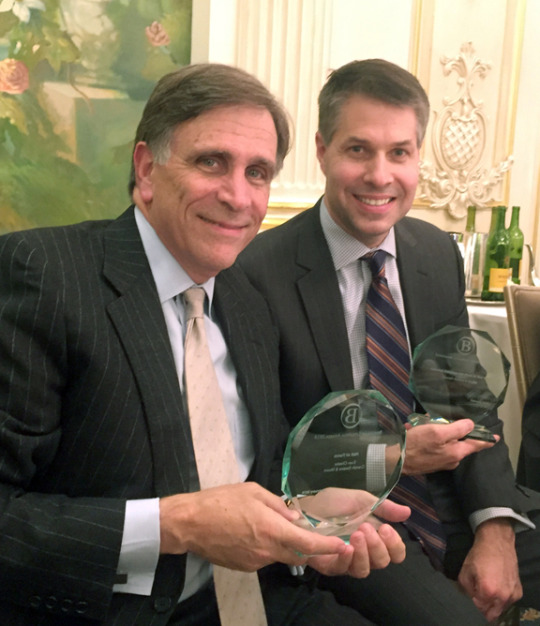
Similarities
There are a few similarities between these classes:
Credits: Both classes are 2 credits, meaning they each have 2 teaching hours (in 1 class) per week. This means they are both technically seminars, and aren’t on the same grading curve as the 4-credit core or substantive classes.
Adjunct Professors: They were also both taught at night because both were taught by incredible adjunct professors with full-time day jobs outside NYU. Mass Media Law was taught by the wonderful Prof. David McCraw, the Senior Vice President and Deputy General Counsel (and lead newsroom lawyer) of The New York Times - who teaches in alternating semesters at NYU Law and Harvard Law - while Advanced Trial Simulation is co-taught by Cravath, Swain & Moore Chairman and leading trial attorney Evan Chesler, and the also-brilliant Cravath litigation partner David Marriott.
No expensive textbooks required: For Mass Media Law, we had about 6 case extracts to read before class that we could download from the NYU Classes portal. For Advanced Trial Simulation, there was just a small course pack to read, that contained no cases - just the mock fact patterns, witness outlines, exhibits, and depositions we would use in our simulations.
Differences
However, the classes differed in a few key ways:
In-person vs. Online: Mass Media Law was taught in a hybrid model - so while most students chose to attend online, I attended in-person each Tuesday night and was taught by Professor McCraw in person. He drove in from Connecticut every week! Advanced Trial Simulation is solely online.
Style of the Class (Lecture-Style vs. Simulation): Mass Media Law was taught in a somewhat traditional lecture-style, case-based model (with lots of slides that brought the cases to life, and a very engaging lecturing style from the professor!). Towards the end of semester, we had very interesting visiting lecturers come and speak to us - more on that below. In contrast, Advanced Trial Simulation dedicated the first 4 lectures to teaching us about the most critical rules of evidence for trial lawyers, and strategy/dos and don’ts for opening statements, direct examinations, cross-examinations, and closing statements (with video clips and other slides), followed by mock trials for the rest of the semester run by the students, with the professors acting as judges.
Manner of Assessment: Mass Media Law was assessed via an exam at the end of the semester, with a boost for class participation, whereas Trial Simulation was assessed on the basis of performance in a mock trial that ran over 2 weeks for each trial, with a boost for class participation.
Overall Thoughts
I’ve found both classes to be really helpful and fascinating. Advanced Trial Simulation enabled me to immerse myself in trial strategy with my co-counsel, and I loved practically applying the lessons I learned in Evidence in Fall 2020 (e.g. impeaching a witness for inconsistent statements; objecting on the basis of hearsay). Hearing Professor Chesler and Professor Marriott’s tips based on their own stellar trial practice is an incredible opportunity.
Mass Media Law is probably my favorite class overall. Professor McCraw was so kind and engaging, and took the time to send us wrap-ups of the key takeaways from each class, and primers on the cases we would discuss next class. He cold-called, but you knew which case you would be called upon to discuss, so it wasn’t intimidating. He has also stayed in touch with me, and even put me in touch with people he knew in a city that I’m looking at for job opportunities.
The speakers we had in that class were also hard to beat, and included people like:
Ted Boutros - a leading media and entertainment litigation partner at Gibson Dunn, who spoke to us about his work acting for journalists who had had their White House press passes confiscated during the Trump Administration - Brian Karem of Playboy and Jim Acosta of CNN;
Mike Schmidt - the Times journalist and two-time Pulitzer Prize winner who wrote #MeToo stories uncovering the sexual misconduct of Bill O’Reilly and Harvey Weinstein; and
Susanne Craig - the Times investigative journalist who covered all of the reporting on Trump’s taxes.
We discussed topics ranging from:
In the context of the tort of intrusions to privacy and the First Amendment - The artist Arne Svenson’s art exhibition, ‘The Neighbors’ - photos taken of unsuspecting people in a building next to his in NYC.
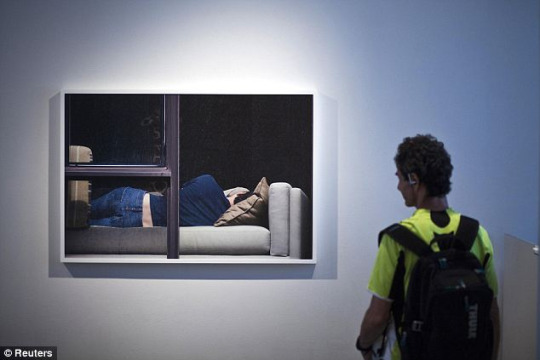
Julian Assange’s indictment:

And Section 230 and the proposals to amend or repeal it:
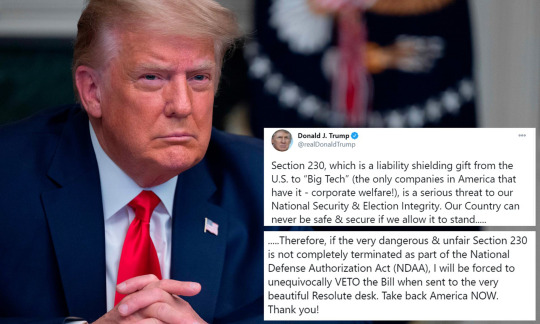
Let me know if you have any questions about either of these classes - happy to discuss further!
0 notes
Text
A Day in the Life - NYU Law edition
I am blatantly stealing this idea from my fellow LLM Guide blogger at Berkeley, Nathaniel - but thought it might be helpful for those wanting to see what a day is like here in New York at NYU! This is a Thursday.
Morning
8:00am - wake up, lay around for a bit and feel deathly dehydrated from the built-in radiators in my building 😅There’s a blue sky today, but it is very deceptive - it’s cold!!
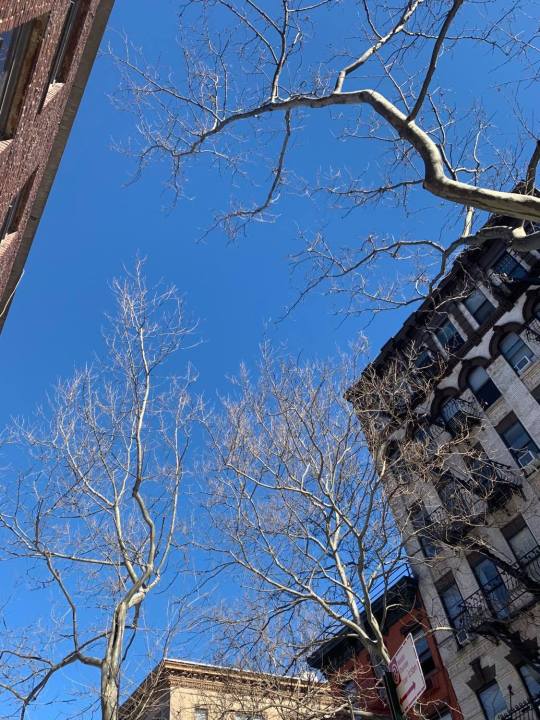
8:30am - make breakfast, usually a smoothie, cereal or avocado toast with a fried egg. Make my bed to feel minimally productive as well.
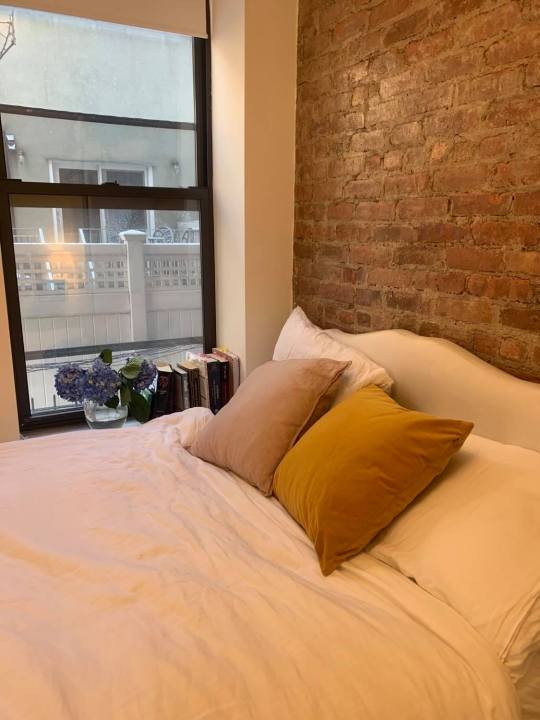
9:00am - Finish off my Constitutional Law readings before my 11am class and make my case briefs (with the facts, holding, dissents, etc for each case). I am very on top of readings for this particular class because my (excellent) professor, Melissa Murray, has a cold-calling system where she calls on people for detailed case-specific questions and hypotheticals without any advance notice. It’s a lot of work, and it probably takes me at least 3 hours to prepare for each of my 2 weekly Con Law classes - but it’s such a great subject taught by a fabulous professor, and I like being challenged to keep up.
10:00am - do an online core workout class through Zoom on the NYU Recreation website - I am much more motivated to do a scheduled class than to fit in a Youtube video, although I miss going to a real gym! A lot of my friends have started going to a cheap gym nearby, Blink, so I might join too.

11:00-1:00pm: Con Law class online with 110 other students. I don’t get called on, but I did volunteer at one point 😃At the moment, we are learning about fundamental rights protection under the Due Process Clause and Equal Protection Clause of the Fourteenth Amendment (protecting individual rights from undue interference by the States). We have just started on the right to procreate and the right to abortion before fetal viability - so the famous Roe v. Wade and other related cases, like Planned Parenthood v. Casey (1992) were the topics of conversation today. It’s all very fascinating.
Afternoon
1:10pm: Go pick up a coffee (latte) nearby from one of my favorite local spots, like Banter, Citizens of Bleecker, Third Rail or About Coffee. It’s not cheap here, but it’s my daily treat! Make sure to keep an eye out for Cuomo....

1:30pm: Make lunch with whatever I have. If I’m feeling fancy, I’ll make some pasta with chicken, or maybe just avocado toast with eggs. I often go for lunch with another NYU LLM friend too and grab some ramen or sushi.
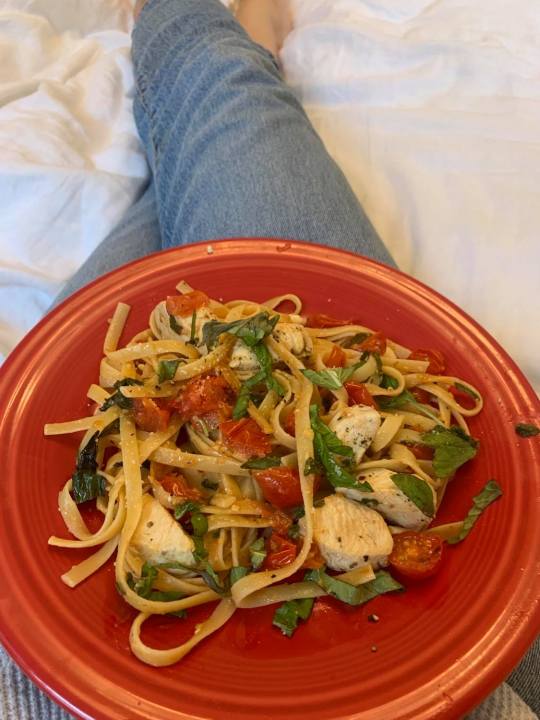
This was a little cherry tomato, basil and chicken fettucine I made 🤤
Here’s a chicken, kale, roast veg, avocado and feta salad I made the other week for lunch as well. I try to eat sort of healthy at home so I can eat allllll the cheesecakes and pizza when I go out.

2:00-2:30pm: Scheduled 1-on-1 check-in with my Government Anti-Corruption Clinic professor. She is fantastic, and we chat about how the class is going, my internship at the Brooklyn District Attorney’s Office Public Integrity Bureau, and my plans after the LLM. She gives me some great job search ideas.
2:30pm-3:30pm: Try to jam in some last minute reading before my Introduction to Civil Procedure Class on Zoom. This is all LLMs and I usually don’t finish the readings before this class, but there is no cold-calling. Sometimes we get to see our professor’s Welsh Terrier, Monty!

On days when I have less class, like Tuesdays, Wednesdays and Fridays, I will often go to the library to motivate myself. I’m studying for the MPRE at the end of March (Multistate Professional Responsibility Exam, a component of the NY and California Bar exams), so I need all the motivation I can get!

When I go on campus, I have to complete one of these daily Covid screeners on my phone, and check my temperature with an NYU-provided themometer. Also, don’t forget your student card!
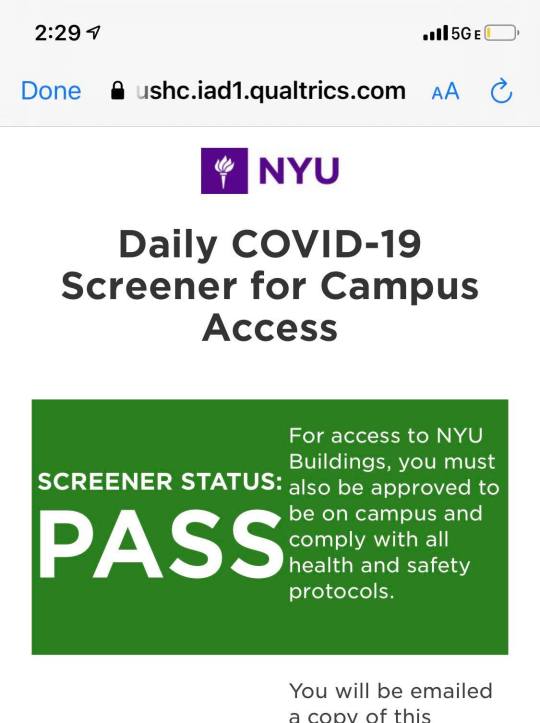
Night
5:30-6:00pm: Zoom call with a Litigation Attorney from my country as a bit of networking. I have a lot of these, and hopefully one will pay off in the form of a job opportunity! She was lovely - I found her through a bit of old-fashioned LinkedIn stalking. Send her my updated resume, and she sends me an email back and some study notes for the bar exam.
6:00-7:00pm: I have a witness preparation session with my ‘co-counsel’ student partner, Jessica (a JD student), and two undergrad pre-law students from NYU for my upcoming simulated trial for my Advanced Trial Simulation class, starting this coming Monday (spanning over two weeks). We run them through the direct examination questions we have drafted as they are playing the role of our lay witness and expert cardiologist witness, as well as cross-examination prep, and our case theory generally. I have a lot of work to do before I am ready to give our opening statement on Monday night, but it’s coming together!
7:00pm-8:30pm: Grocery shopping at a cute grocery store nearby. I love looking at all the freshly made pastas! I made a burnt butter ravioli with walnuts, pumpkin, spinach and sage, but forgot to take a photo of it - so here is all the fresh pasta and then some salmon I made the other week!
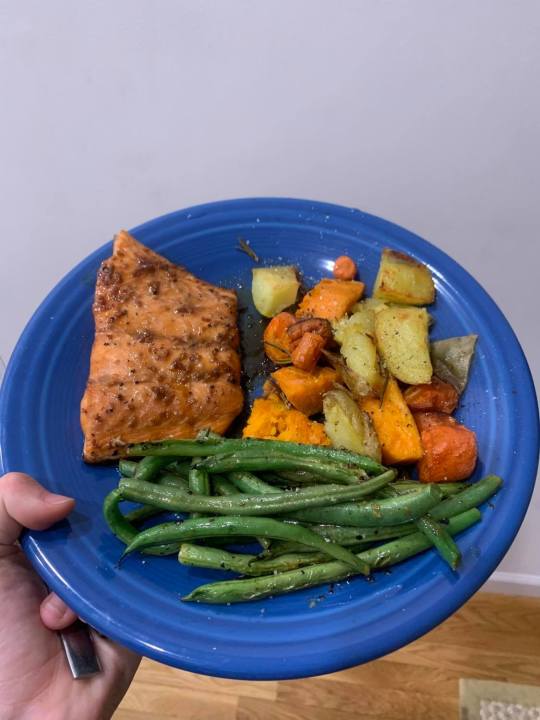

9:00pm- too late: Finish off some small tasks and face-time my good friend back home. She’s just moved to the beach, and I’m very jealous. Plan out my day for tomorrow, waste time on social media, hang out with my boyfriend after he finishes work for the day, and then relax before bed!
Let me know what you would like to see here next!
1 note
·
View note
Text
Snow day! ❄️
The LL.M. year is not all work and no play.
Last week, NYC got almost 2ft of snow. And that called for an afternoon spent with the other LL.M. students playing in the snow in Washington Square Park, right in the heart of NYU’s campus.
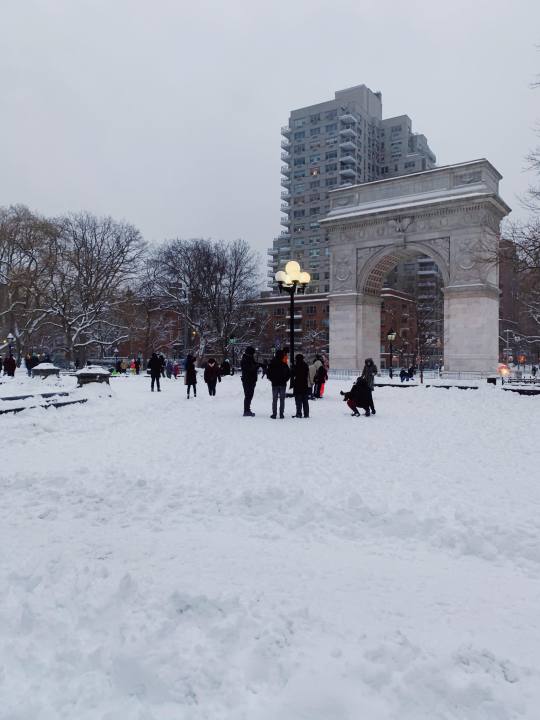
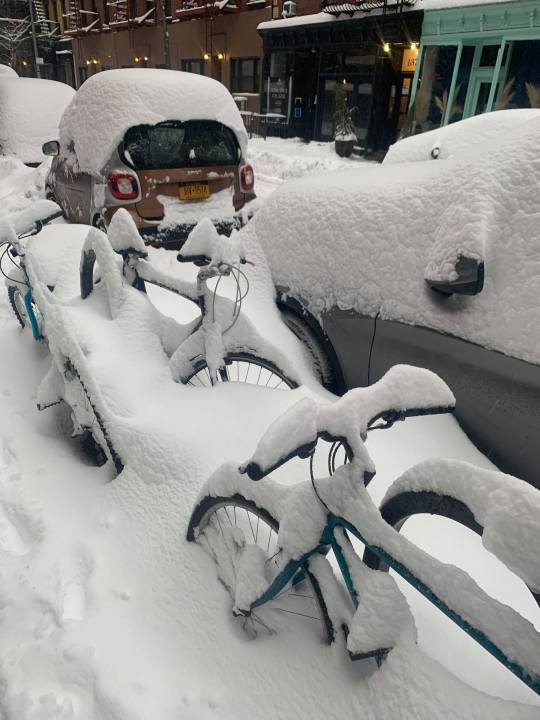
I mean... check out the amount of snow! It even mostly covers all the gross trash bags outside my apartment 😜
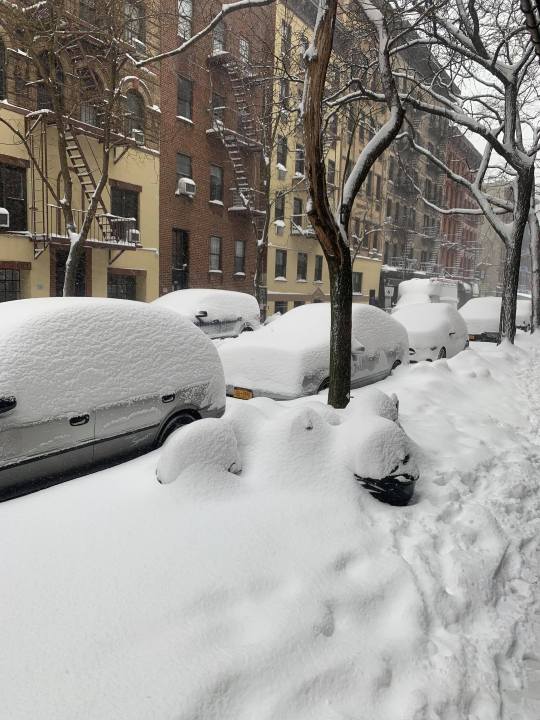
Furman Hall (one of NYU’s law school buildings) looking all pretty in the snow.
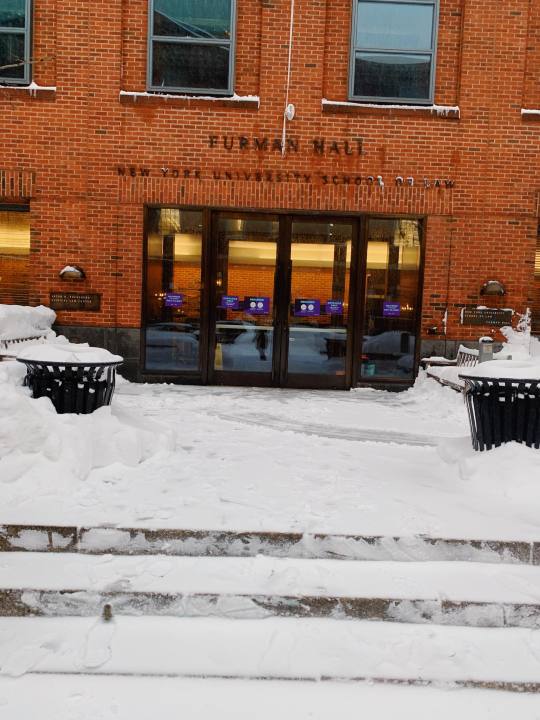
Our Canadian friend taught us how to roll the snow into a snowman....
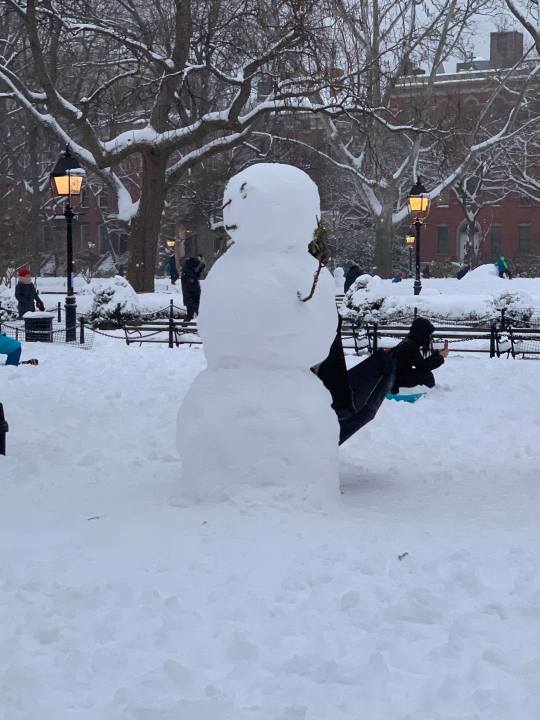
Unfortunately, this was not our snowman. This one was:

Our guy was a little rough looking, I’ll admit it. And he didn’t last long - some cooped up LL.M.ers body slammed him to the ground.
We then had a huge snowball fight with some strangers before taking our frozen fingers and toes to a bar for a hot cider nearby. What an ideal way to spend a Monday afternoon...

0 notes
Text
How to Crush Law School Exams as an LL.M.
Hello again!
It’s been a minute. I’ve just had a well-deserved break after finishing my finals, where I managed to get a bit of sun in Florida and Puerto Rico.
It’s been a running start into my final semester of the LL.M. - and I can’t quite believe how fast this has all gone. I have a lot of content ideas coming up about everything I will be doing this semester, including juggling my internship at the Brooklyn District Attorney’s office, a Research Assistantship with an NYU Law Professor, the March Multistate Professional Responsibility Exam (MPRE) for the Bar, a full load of classes, and job hunting/networking - but first things first. I wanted to reflect on last semester’s exams, final papers and overall grades, and think about what I did well, and what I would change!
What are American law school exams like?
I’ll start by giving you an idea of the format of exams to give you an idea of the general approach, and hopefully take away some of the anxieties you as a future LL.M. might have.
There is no uniform exam or grading type for each and every course. American law school professors have a lot of discretion about how they will structure and assess their courses - including what mode of exam you will take (multiple choice, short answers, long problem question responses, policy-based essays, etc), or a final paper, and whether and to what extent class participation counts toward the grade. My assessments ran the gamut. In one class, I had a group assignment worth 30%, a 5,000 word final paper worth 60%, and 10% class participation, and in two others my final exam was worth 100%, with the professor’s discretion to slightly boost your grade based on your overall participation and contribution to the class. My Constitutional Interpretation seminar was 50% class participation, and 50% based on regular pieces of written work we handed in, including a final paper of 2,000 words.
Exams typically last between 2-4 hours, while take-homes take 3-8 hours (I haven’t had a take-home yet, but I will have a 12 hour take-home this semester). We all took our exams from home with a special software (Exam4 or the law school’s own exam software, THESS). Both my exams this semester allowed students to use any notes they wanted, and you could access the internet as well. The main problem with doing that is running out of time! So creating an organized outline of your notes and brainstorming essay ideas ahead of time is pretty crucial.
How do Professors grade? And what is a good grade?
Professors seem to have pretty broad discretion when it comes to grading - and definitely so when I think about Australian law school professors, who grade ‘blindly’ and never know who is behind the student number unless they look it up later, or are awarding prizes for the top students. The possible grades at NYU range from an F to an A+, as follows:
A+, 4.333; A, 4.000; A-, 3.667; B+, 3.333; B, 3.000; B-, 2.667; C, 2.000; D, 1.000 and F, 0.000.
No more than 2% of students can get an A+ in a given class, with a target of 1%. I am proud to say I was the only A+ student in one of my classes - yay! A huge personal achievement for me, and so I will brag a little here because I don’t want to be lame and brag in real life!
About 10% of people get As, and another 20% get A-s, and about 26% of people get B grades (B+, B, or B-). B- and C grades are actually pretty rare, so in all likelihood you will likely end up with an A or B grade of some sort!
It’s kind of hard to work out what ‘good’ grades/a strong GPA are for job applications, but from what I’ve gleaned, in an ideal world you would have all A level grades, or maybe one B+. Personally, my grades were an A+, 2 A- grades and a B+. This gave me a GPA of around 3.8, which is definitely decent for job applications.
Your chances to get the high grades will depend a big deal on your competition - in the core doctrinal courses (like Constitutional Law, Free Speech, Evidence, Corporations Law, and so on) and in classes of the really famous professors, JD competition is intense. I definitely didn’t make it easy for myself with my classes, and I was usually the only, or one of two, LLMs, along with pretty ambitious JDs (often from elite undergrad schools) aiming for judicial clerkships or other prestigious jobs. Many LLMs have usually been working hard enough back home, and work hard enough to get decent grades, but leave enough time to relax and enjoy themselves. I would say my approach was mixed - I knew I needed to work hard enough to get good grades to make me a strong candidate for job applications in the US, but I also had plenty of fun. 😄 Just less fun around exam time!
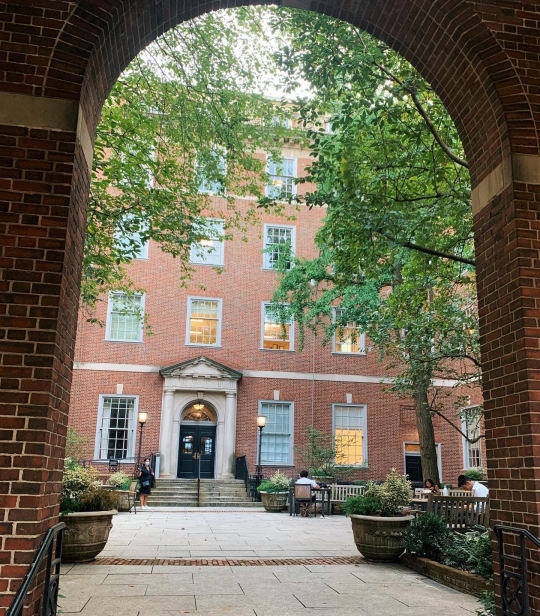
On reflection, my top tips for doing well in your classes and exams would be:
1) Play to your strengths
At the time you select your classes, you’ll be able to see what the format of the assessment is - long paper, exam, practical assessments (like in a clinic or simulation course), etc. My top advice would be to think about your strengths when picking classes.
I have always been much better at hand-in assignments, and my one A+ grade was from handing in a long paper. My lowest grade (a B+) was from a very time-pressured exam that I wasn’t happy with how I handled the timing. So - if you know you are much better at one type of assessment, make sure you are considering this when picking classes to pave the way for great grades, especially if you are relying on your grades for finding a new job or for a JSD application.
2) Understand your professor’s idiosyncratic preferences
When it comes to law school exams, the key to succeeding is really knowing who’s grading them. Some professors prefer you to be ‘quick and dirty’ and to really jump into the key issues and answers, while others prefer a more formalistic recitation of the rules and then a close application of the rules to the facts. Pay attention to how they explain what they want, pore over any model answers and exam keys they give you, be familiar with the way they write problems, and ideally hunt down past students’ papers with comments or overall feedback from the professor (if you know anyone that took the class before).
3) Make study enjoyable and social
Even in these COVID times, I really benefited from spending time at the library studying with LL.M. friends, and broke up study sessions with coffee hangs, lunches, and going to see the Christmas lights. Your friends will keep you sane and motivated, so don’t hide yourself away for the whole month or more!
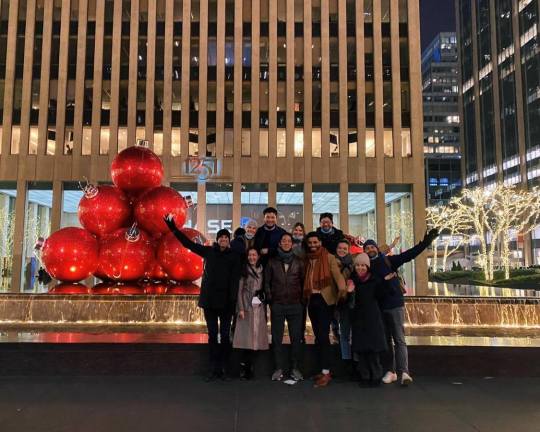
Friends! A well-deserved dinner break in December a week or two before finals.
4) Argue both sides of legal issues you spot
This is something that is really emphasized by NYU professors. A good lawyer can, when identifying a legal issue, show how it is a weak point in a plaintiff’s claim or in a defendant’s defense, and then demonstrate how both sides could argue their case. The best answers don’t ‘fence sit’, but come to a reasoned judgment/prediction about which side of the argument is stronger.
5) Be precise and concise
You should try not to include unrelated material in your answer as this could backfire if your professor believes you struggle to separate relevant material from irrelevant material. One of my professors was clear ahead of time and said he did not appreciate an ‘info dump’ and graded accordingly, but I think this is true of all professors.
6) Be *really* aware of your timing
I can’t stress this enough. Effective time management is imperative on law school exams. My Evidence exam was so unbelievably time-pressured (27 short-answer questions in 3 hours = less than 7 minutes per question to read a few sentences-long question and answer it), and I did not handle this as well as I could have, affecting my grade. Make sure to be really aware of this and try to be strict with yourself so you don’t leave any questions untouched.

7) Remember public policy concerns
After applying the legal rules to the issues presented in your fact pattern, if time allows, include a sentence or two about the policy implications of your conclusions, or how your chosen approach fits best with the policy rationale underpinning the legal rule. This is something that is valued more in US law schools than my law school back home. Not critical, but definitely something that could boost your grade a little!
8) Just try your best, and don’t be too hard on yourself
We have all worked hard to be here, and we put a lot of pressure on ourselves. English might not be your first language, you might struggle with exams, or it might just not be the best day you’ve ever had. If you find yourself in the unfortunate position of either not understanding the issues presented in a question, or not remembering the rules related to such issues, just do your best to write the best possible answer in the time limit.
Good luck, and let me know if you have any questions!
6 notes
·
View notes
Text
The Good, the Bad and the (Studying): Fall 2020 at NYU
These last few weeks of my first semester of the LLM at NYU have been a blur of finals studying and writing papers in the NYU Law Library, hopped up on too much caffeine and not enough sleep or vegetables...
But, as promised, I interviewed my fellow LLM’er, J (from Germany) about his thoughts on the semester! I managed to force this grilling on him while we were going to look at the stunning Christmas lights in the Dyker Heights neighborhood in Brooklyn, so this post will also feature some photos of the lights 🎉
Hi J!

1. Can you describe your background before coming to NYU?
I attended Goethe University in Frankfurt (Johann Wolfgang Goethe-Universität Frankfurt am Main) for my first law degree, and then pursued my PhD in financial crimes and economic regulation at Goethe as well. I am about to defend my PhD over the winter break, so I’m now back in Germany!
In Germany I worked as a research assistant at Goethe and for the Federal Ministry of Justice in Berlin; at several law firms; and as a judicial clerk. Just before leaving, I spent 6 months seconded to a large international bank in their Frankfurt office.
2. What is your area of interest?
White-collar crime and financial regulation.
3. What classes have you taken so far at NYU, and which one was your favorite?
I took a lot of classes this semester (more than the average!), including:
Graduate Lawyering;
Professional Responsibility in the Corporate Context (with Professor Harms, Of Counsel at Sullivan & Cromwell and a former partner between 1992 through 2017 in corporate and securities law);
Criminal Procedure: Fourth and Fifth Amendment (with Professor Schulhofer, a leading criminal justice scholar);
Corporate Crime and Financial Misdealing: Legal and Policy Analysis Seminar (with Professor Cooley, a former Deputy Chief of the Business and Securities Fraud Section at the US Attorney’s Office for the Eastern District of NY);
Complex Federal Investigations (with Judge Orenstein, a United States Magistrate Judge for the Eastern District of New York);
Beyond Criminal Justice Reform (with Professor Morgan, a criminal justice reform scholar and former civil rights litigator at the Abolitionist Law Center); and
Money and Modern Capitalism at NYU Stern School of Business (with Professor/Governor King and Professor Kanojia).
My favorite was Corporate Crime and Financial Misdealing. Professor Cooley was super nice and extremely smart, and the topic was excellent for white collar crime specialists. We also had a lot of fascinating guest speakers, which made networking really easy (like Federal judges, SEC employees, district attorneys from the US Attorney’s Office for the Southern District of NY, and partners from big law firms).

4. What’s your top tip for LLM applicants putting the finishing touches on their applications for next year, or thinking about applying for 2022?
Well, this is too late for this year’s applicants, but for next year’s - leave a lot of time to have your documents sent to LSAC! I had a lot of issues with LSAC and spent a lot of hours on the phone with them about transcript issues (they wanted a transcript in German, although mine was issued in English?!). Take the stress off and deal with it early.
My next tip applies to anyone who is deciding on which LLM program they will ultimately attend after receiving their offers. I would recommend really taking the time to look closely at the subjects on offer at the different law schools. This was a huge factor for me in choosing between schools like NYU, UPenn, Virginia, Cornell, Berkeley and so on - aside from the appeal of living in New York City!
5. What activities have you been involved with at NYU?
I am a Research Assistant/Teaching Assistant to a Professor of Negotiation, and the Graduate Editor for the NYU Journal of Business & Law.
6. What was the best thing about this semester?
Meeting people from all over the world, in person and over Zoom, and making friends from NYU and Columbia. I now have friends from all over, including the UK, France, Australia, Israel, South Korea, Japan, Switzerland, India, Brazil and more... and there are far more students to meet who are arriving in January!
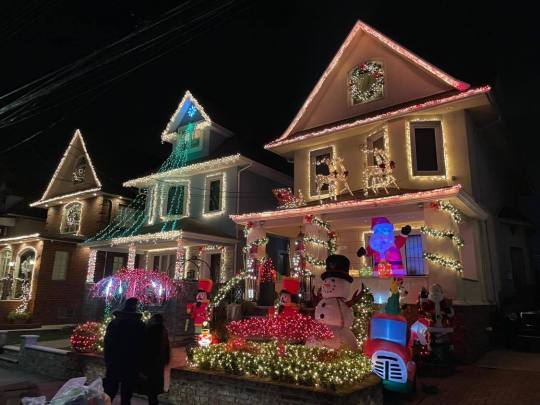
7. What was the most difficult thing about this semester?
Meeting other people, because connecting with people over Zoom was difficult. It was also harder to network over Zoom, because it just feels less natural.
8. Looking back on the semester (which could be described as out of the ordinary, at best!), are you happy with your decision to attend NYU this semester as planned and not defer?
It wasn’t really an option for me personally to defer for a whole year, and I’m happy I didn’t defer to Spring because the COVID situation has not improved. I’m pretty happy with how things have turned out though!
****
Thanks, J, for playing along!
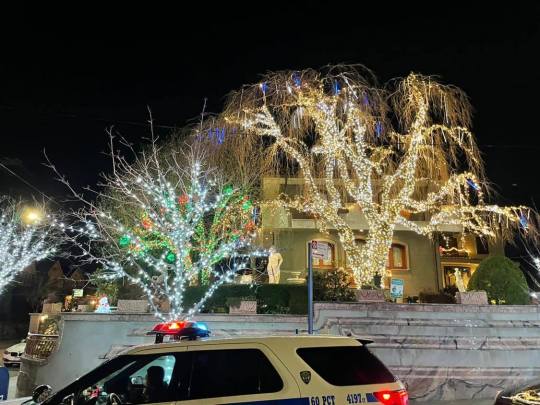
0 notes
Text
Looking back on Fall in New York (a.k.a. the best time of year!)
It’s now 2 December, so we’re officially in Winter 🥶🤯 I swear the weather has just become SO much colder in the last few days...
Sadly, it’s also the last week of classes at NYU, and everyone (myself included) is in full **library mode** right now. Let’s just say it’s been a blur of Google Docs group projects, late nights writing papers, and a little bit of silently cursing myself for not starting everything early.
But for now - I wanted to share some of the really incredible times I’ve had over the last couple of Fall months here in NYC! Apologies in advance for the serious photo dump you are about to get. In my defense, as an Aussie from Sydney, we don’t really have true seasons! My Autumns are typically spent going to the beach a few mornings a week (I know, I’m a cliche), so I really leaned into the novelty of apple picking, ‘leaf peeping’ at the fall leaves, Halloween and Thanksgiving!

Weekend day trip to Beacon, NY
In early October, I lived out all my American Fall (and #instaworthy) dreams and went on a little road trip for the day with my cousin and a friend to Beacon, NY. Beacon is a charming little town in the Hudson Valley about 1.5 hours away from the city, nestled in the hills alongside the Hudson River. It’s full of cute cafes, antique shops, boutiques, diners and historical sites – and it even has a drive-in movie theater!

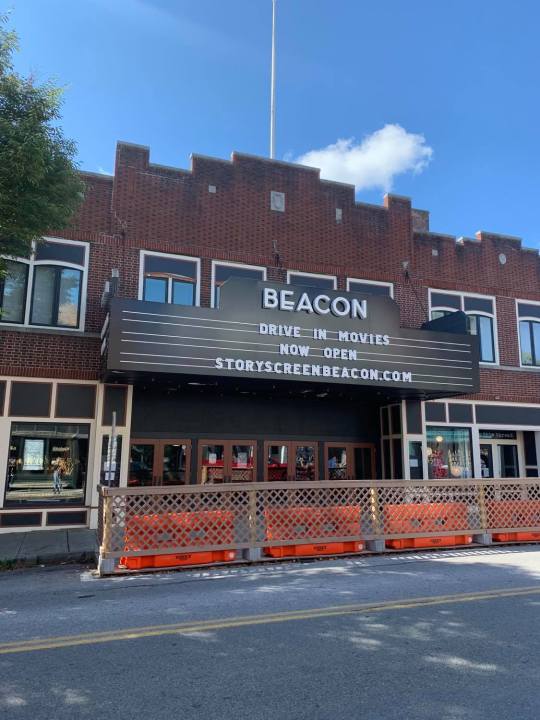
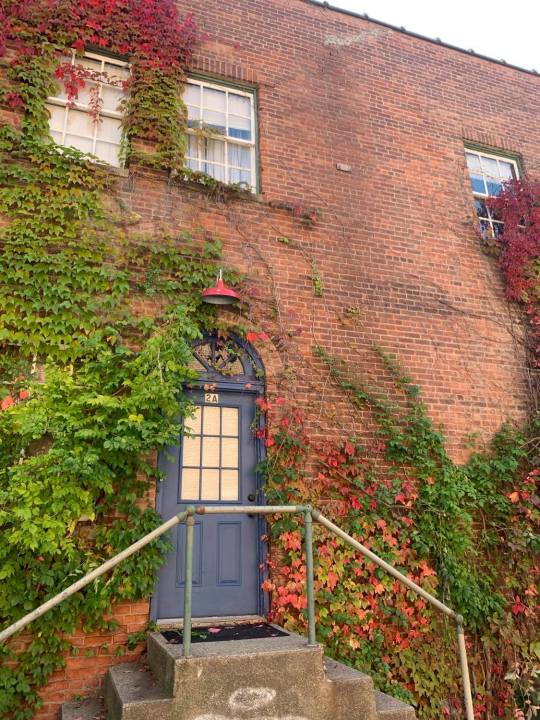

In recent years, Beacon has distinguished itself from the other towns along the Hudson River by becoming an artists’ haven.
Interesting sculptures, murals and little galleries and gift stores dot the main street (how cool is that masked man mural?), and just outside the town is a renowned contemporary art gallery for large contemporary pieces called DIA Beacon.

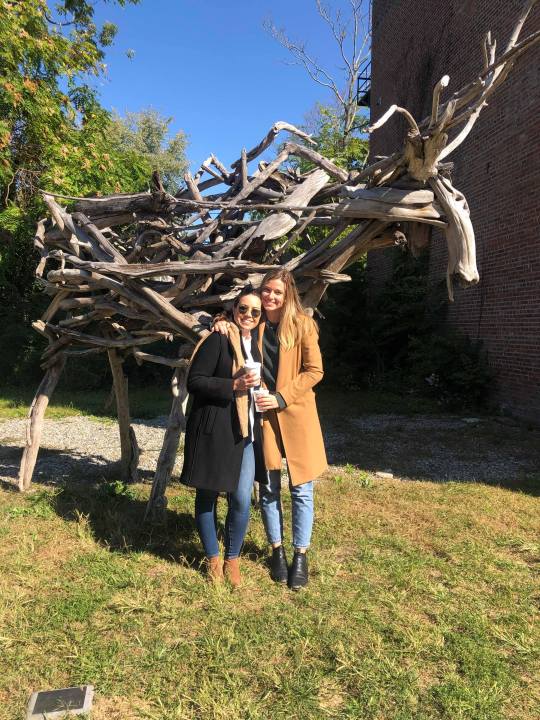
We rented a car (I highly recommend AAMCAR in the Upper West Side for a well-priced rental that doesn’t require you to trek to an airport rental place!) and drove to Beacon, where we had a nice breakfast before wandering around the town. Aside from the main street itself, there is also a gorgeous hotel and restaurant at the end of the street next to a river with a very cool waterfall.
After that, we drove to DuBois Farms orchards and pumpkin patch, where we enjoyed black cherry cider, apple cider donuts, and apple picking. We also got our obligatory photos in pumpkin patches and said hi to their pet goats and alpacas!
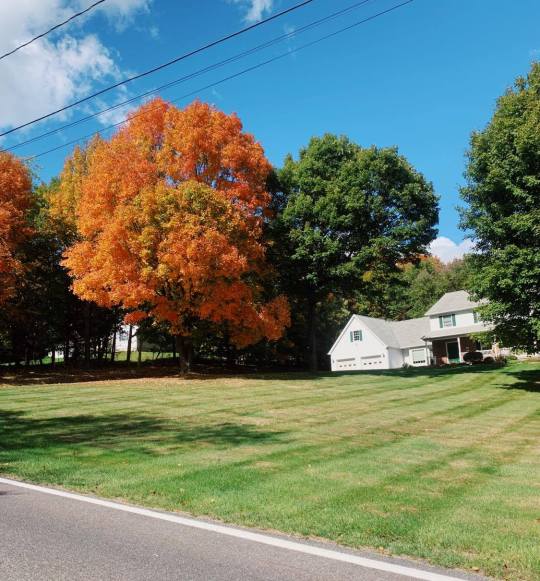
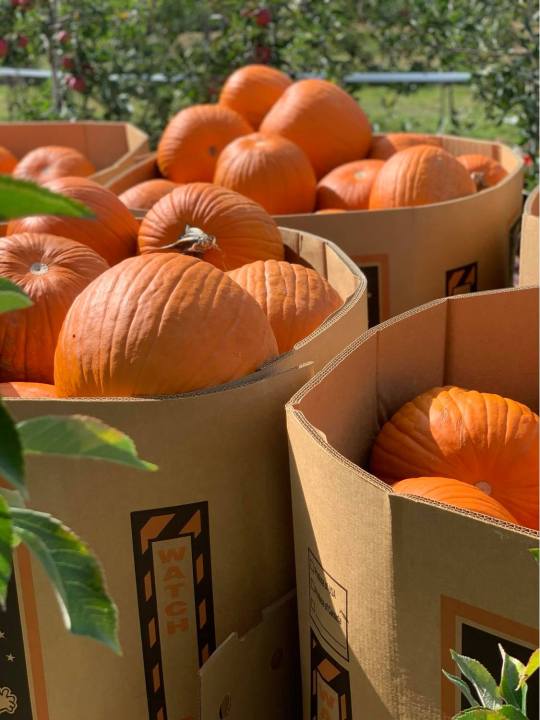

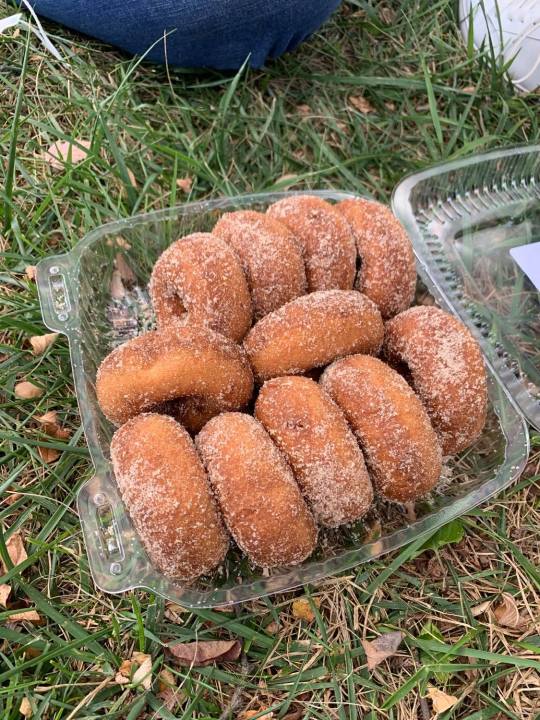
SO GOOD.

Fall Activities in NYC
I’ve also had a beautiful few months of exploring the city itself, and wandering around enjoying crisp weather, hot coffees and fallen leaves.
Some of my favorite things I’ve done have been:
1. Exploring Central Park and the Upper West Side
Central Park is incredibly beautiful in all seasons, but to me it is particularly stunning in Fall. One blue-skyed Saturday in November, I spent the day with my boyfriend wandering around the park’s many lakes and trails and even wandered up to Morningside Heights to Columbia’s campus. Even though Columbia is gorgeous, I’m still glad I chose NYU. It just wasn’t lively enough up there right now! Sorry, couldn’t resist 😆

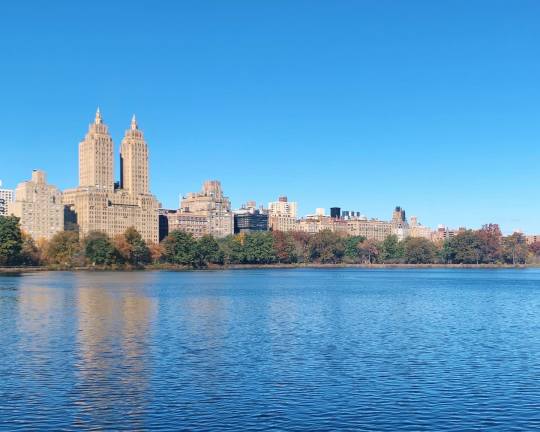

2. Getting to know the West Village, Greenwich Village and Soho (and eating at too many cafes)
I have loved living so close to the charming West Village and the other neighborhoods surrounding NYU. Some of the best cafes and restaurants in the City are around here, and the streets are filled with gorgeous brownstones and little parks.

This is the stunning Bleecker St, which also happens to be the home of a few of my favorite food destinations - Murray’s Cheese (for its amazing cheese selection... the way to my heart), Pasticceria Rocco (some of the best New York cheesecake and cannolis you can find), and, lower down and closer to campus, my go-to cafe - Citizen’s of Bleecker! I honestly have spent most days here in some way, whether it be meeting up with LLM friends for a coffee and some lunch, meeting my group for a class group project, or just grabbing a takeaway on the way to the library.
Just off Bleecker are two of my fave restaurants in the city too - Uncle Chop Chop on Cornelia Street, and Top Thai Greenwich on Carmine Street. Both have incredibly fresh and delicious South-East Asian/Thai food, and excellent and inventive cocktails.
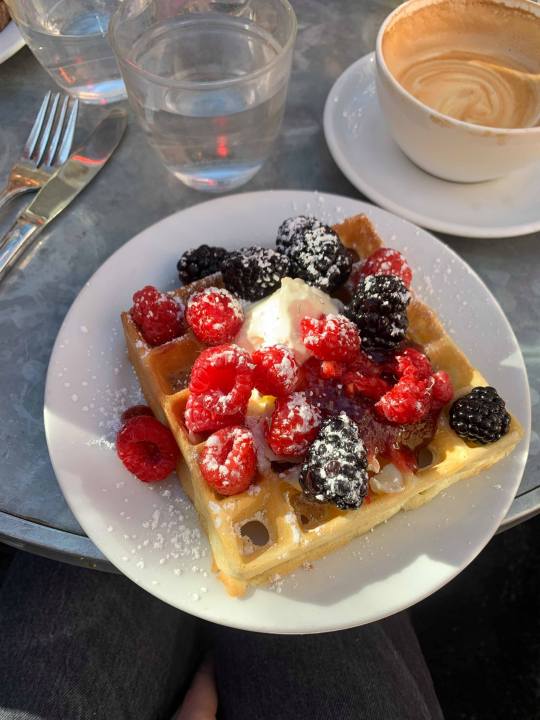
This is a new fave cafe - Buvette in West Village! It’s always popular, and has some of the best French food in the area. Just look at this pretty waffle!

Running around the West Side highway is also a real treat, and one of the only things that gets me motivated!
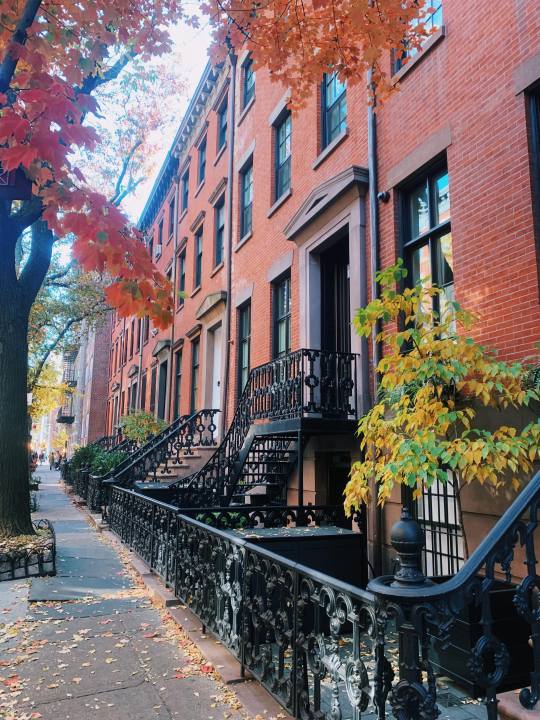
Bonus West Village brownstones shot.
3. Checking out the Halloween decorations!
Ok, so New Yorkers LOVE Halloween.
I couldn’t get enough of taking in all the creative decorations, especially in the West Village.


It’s difficult to tell from here, but that big skeleton was wearing a hat that said ‘Make America Read Again’, and the little cat skeleton had a rat skeleton in its mouth with Donald Trump’s face (hahahha).
4. Next on my list - setting foot inside a museum!
I have been shamefully uncultured since moving here, and definitely plan to go back to places I haven’t been to in years after exams - including the Museum of Natural History and the Whitney Art Museum. I also really want to go to the New Museum.
That’s all for today folks! Thanks for bearing with me.
For my next post, I am going to interview another LLM friend of mine about his reflections on the semester overall, and will give mine too. Until next time!
#fall#nyullm#llm#mastersstudent#lawschool#newyork#beacon#applepicking#pumpkins#westvillage#greenwichvillage
0 notes
Text
Experiencing the US election as an LLM
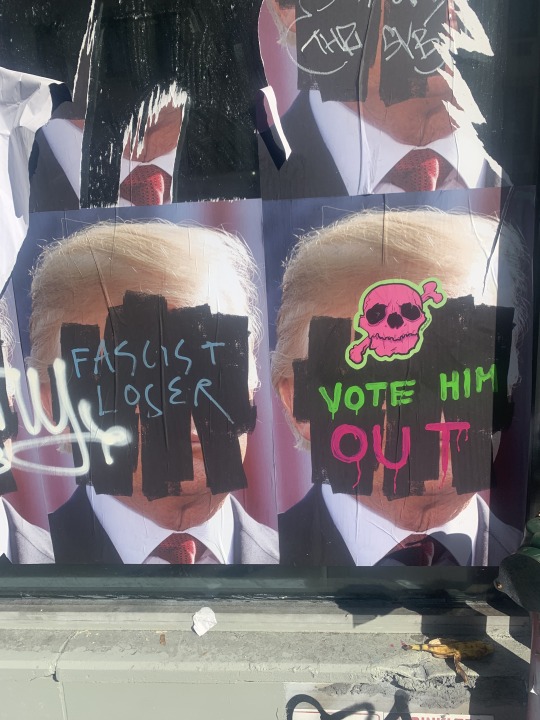
The mood in NYC this past week was many things - anxious, tense, quiet and uncertain, and then - finally - jubilant.
NYU classes were cancelled on Election Day (Tuesday, 3 November), but of course, it took until Saturday until Joe Biden was projected as the winner by all the major news outlets.
I just wanted to write this short post to capture what life has been like in NYC in this historic period. We LLMs were along for the ride - and because I’m a US citizen, this was also my first time voting in a US election. I lined up for over 3 hours to vote early in late October...!
On Monday night before the election, stores across New York City were progressively boarded up and painted black to deter looters. I took the photos below in NYU’s neighborhood of Soho on Monday and Tuesday:

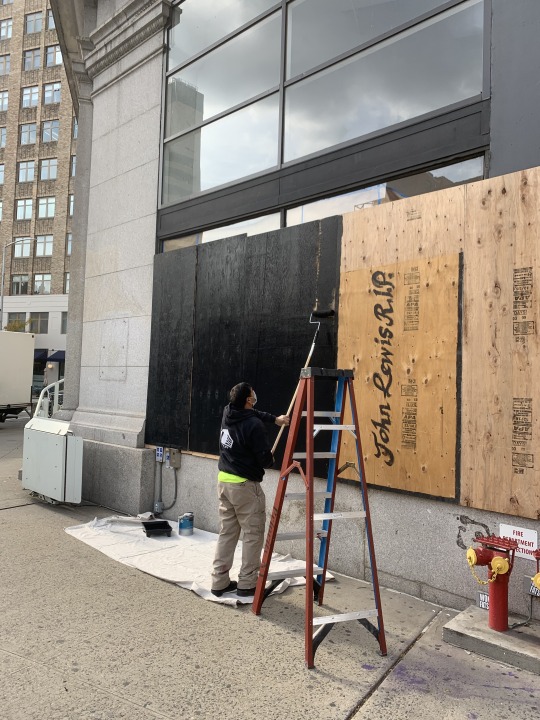
I went for dinner with some American friends on Tuesday night to try to reduce the temptation to neurotically refresh the election map on my phone every few minutes! This - kind of - worked, but everyone’s nervousness was palpable.
As the week dragged on, everyone in my classes was exhausted and drained. Many people were taking part in election activities alongside their studies, like phone-banking, ballot-curing and working the polls, and everyone was worn down from the stress and uncertainty of not knowing the outcome.
But then, we got to Saturday. I’ll never forget that day. I was still in bed on Saturday at around 10.45am (I may have had a few cocktails the night before and was sleeping them off), and I suddenly heard a wave of cheers and clapping that did not let up. I checked my phone and the race had just been called for Biden.
I raced out of bed and headed over to Washington Square Park - NYU’s unofficial campus - which was filling up with starry-eyed students and other Democrats of all walks of life. The pure joy in that park was absolutely contagious. People hoisted Biden-Harris signs, ‘Free Hugs’ and ‘Love Wins’ high, honked car horns, waved American flags, popped champagne, and danced in front of brass bands.
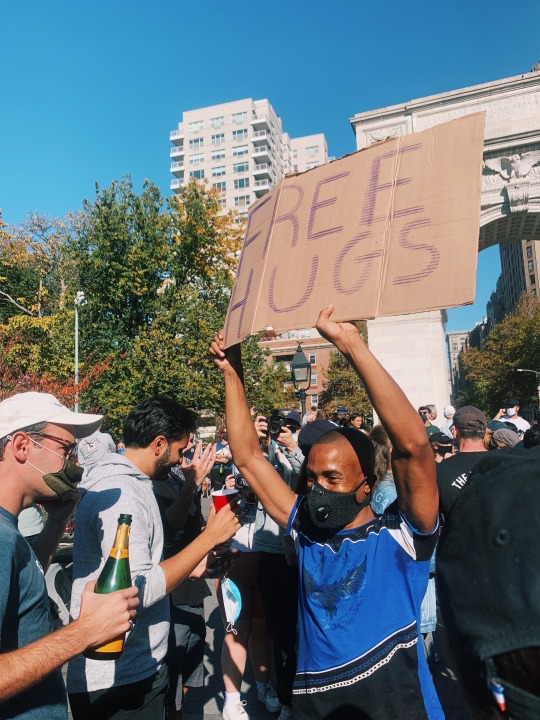
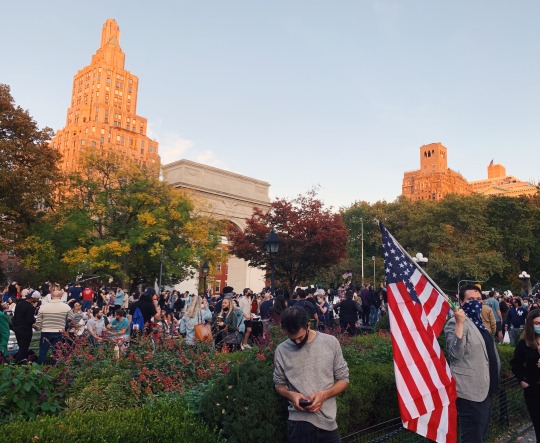
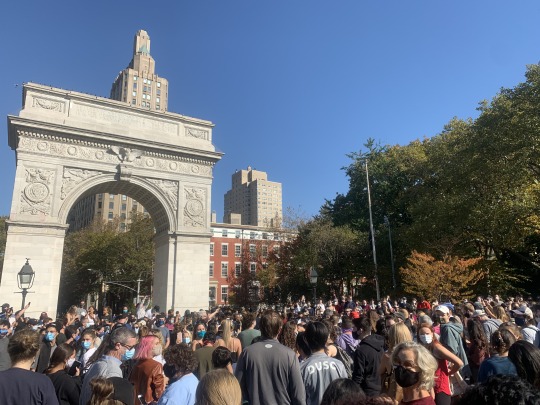
I don’t think anyone in that park was under any illusions that the United States is, in any respect, united at the moment. Bitter partisanship and a breakdown in civility and decency at the most senior levels of politics have taken a toll on the American people. Fear, bitterness and distrust are pervasive, and COVID-19 has isolated people, traumatized many, and led to widespread suffering.
Nevertheless, that day in the park felt like the dawning of a new day for many - and a rare opportunity in the tumultuous year of 2020 to be around other people, to be optimistic, and to celebrate the turning of a page in American history.
I’ll always be grateful that I was in the US to be a part of that moment - and to share in that feeling.
1 note
·
View note
Text
Scholarships and funding an $$$ LLM
There’s no doubt about it - pursuing an LLM is expensive.
The good news is that there is a lot of financial aid and scholarships out there if you know where to look!

Types of scholarship
I have tried to categorize the types of scholarships and financial assistance available below, noting that some of these don’t fit neatly into one category!
1. Merit scholarships
These might be offered by:
the law school you are applying to as a fee waiver, or fee waiver and stipend - the most generous of these include the Hauser Global Scholarship and Vanderbilt Scholarships at NYU. Usually no separate application is needed for these (you will be automatically considered upon applying for admission), but the Hauser does have a separate mini-essay component.
an association or committee associated with the law school, such as the Knox Scholarship at Harvard for Commonwealth countries, or others associated with your home country.
an external association or body (national or international), such as Rotary, Fulbright, or scholarships offered by your government or other institutions your home country. In Australia, these include the Menzies Scholarship, the John Monash Scholarship and the Lionel Murphy Scholarship). These can be very big ticket items, and are very prestigious - and hard to secure (no luck for me :( ). But well worth applying for!
Many law schools also offer specific merit scholarships for certain interest areas or nationalities, and you might be lucky enough to fit into the (sometimes very narrow) category - so keep an eye out! A couple of random examples are:
UPenn: Kübler Scholarship ($40-50,000 USD) - for students who have received, or will be receiving, their first state’s examination grade following their studies in law at Goethe-Universität Frankfurt am Main.
The Imasogie and Duke Scholarships at UPenn also provide financial support to students at the Law School who grew up in Africa or who is a citizen of an African country.
NYU: Grunin Center Impact Scholarship ($10,000 USD) (upon invitation after being accepted to the LLM program): for an incoming LLM with a demonstrated interest and/or achievement in creating innovative solutions in emerging markets, with a focus on the field of natural resources.
Columbia: the Jagdish Bhagwati Fellowship (partial to full funding for up to three fellows per academic year) is underwritten by the Indian government, and is for LLMs specializing in international trade, trade law, public interest, and human rights.
Columbia also offers the CPRL Lemann Scholar Award (up to $30,000). For students who wish to make a legally enforceable commitment to work in Brazil for three of their first five years after graduation in a full-time government or nonprofit job connected to the P-12 education sector.
Note: the UCLA website contains a useful list of some external organizations offering financial aid/scholarships to international students, which I highly recommend. This contains country-specific scholarships as well 😃
2. Need-based scholarships
Certain law schools, such as Columbia and Harvard, offer need-based scholarships on the basis of demonstrated financial need rather than merit scholarships.
3. Other
There are plenty of other types of scholarships and financial aid if you get creative! For example, people in Australia enter into legal essay competitions hosted by the various law societies and associations with prize money in the thousands - such as those offered by the Law Council of Australia (the Gaire Blunt Scholarship, the Forsyth Scholarship and the Santow Scholarship).
My advice is to look far and wide for scholarships. Some of the other options may be funds offered by your old university/law school (and perhaps even high school) for alumni pursuing postgraduate study and research overseas.
I know many LLMs are also funded by their governments or their employers (usually if they have agreed to return to their previous jobs for a fixed number of years).
What I did to fund my studies
Firstly... a lot of saving up, including living at home with my parents for a time!
Otherwise, my funds came from a few key sources:
A fee waiver (merit-based scholarship), namely the Dean’s Graduate Award at NYU. Fee waivers are reasonably generous at US law schools – I received offers of between $25-40,000 from the schools I applied to). I would note that Berkeley does not seem to be as generous in its ADP Scholarships, Stanford doesn’t offer any LLM scholarships, and Columbia and Harvard are need-based rather than merit-based.
My fee waiver/scholarship at NYU was increased by an extra $2,000 USD in July or August 2020 as well as part of NYU’s COVID-19 response ($1,000 that went to every student as a Technology Grant due to COVID, and an extra $1,000 for scholarship recipients).
A scholarship from my alma mater in Australia for students who are pursuing postgraduate studies/research overseas.
A tax refund from my Government as my studies related to my job back home.
I have also just applied for a scholarship for about $3,500 USD from my old high school, which offers one scholarship each year for an alumnus pursuing further study or research. I have not heard back from this yet!
I did not seek any funding from my employer law firm back home, but I did get an unexpected back payment of money due to a review, which was very nice!
I am continuing to remotely tutor law students back home for a little boost each week, and will make a little bit through this blogging freelance job!
Once you are over in the US, you may also be able to secure a paid Teaching Assistant or Research Assistant job, pending visa conditions.
As you can see, it takes creativity, but you can get there!

0 notes
Text
Thinking about applying for US LLMs? Here are some of my top tips
So, somehow 2020 has chewed us up and spat us back out in October. I don’t know how it happened, but what I do know is that it’s getting to crunch time for US LLM applications! Applications are due in about 6 weeks for the first set of law schools like Harvard and Yale. You’ve got between 2 and 3-4 months for the remainder of schools, but most are due in around mid-December.
At times, the application process can feel like a maze, especially if you are working everything out on your own. I decided to write down some of the insights I picked up along the way below - and hopefully this helps!
1. Take some of the stress off - start early!
My first and very obvious tip before jumping into this post is to say - don’t underestimate how long the applications and other administrative steps will take! You will apply for most schools, if not all schools, entirely or partly through LSAC (the Law School Admissions Council). Start this process off early (ideally now) by making an account, getting Transcript Request Forms ready and sending them to your university and first law school to ensure they send your transcripts to LSAC.
Hot tip - Make sure to also request transcripts from universities you went to for a semester studying abroad, or that you transferred from! I needed a transcript from the US university that I spent a semester at during 2014 and so had to pay the necessary fees at my university and law school, the exchange institution AND LSAC’s fees.
Although I didn’t have to submit a TOEFL score as English is my first language, this is another piece where starting early is very important.
I was so busy at work with a trial when I applied, and I wished I had started everything off just a little bit earlier... so learn from my mistakes!
2. Location, location, location
For me, it was quite overwhelming picking which law schools to apply to, and how many applications I should submit. I settled on 7 law schools, but that really says more about me doubting myself and lacking confidence in my prospects when applying!
Your choice will be influenced by which schools offer any specializations or special programs you might be focused on (e.g. environmental law), which schools seem to have the best financial aid offerings, location of the school, particular professors and so on.
From my perspective (which is shaped by my experiences pursuing a more generalist LLM where most schools offered subjects of interest), location was paramount for me in narrowing my application choices. The financial aid consideration came later once I knew what my offers would be, and then professors came last (they really do all have amazing professors!)
So let’s talk about location. I think you should weigh up whether you want to be in a big city, or would prefer a more rural, college town vibe. I personally only wanted to be in a large city to have better work/internship and networking opportunities and access to more adjunct professors (professional judges, attorneys etc who also teach) so this heavily influenced my choices when applying.
When considering the US ‘T14’ or ‘T15’ (Top 14 or 15 law schools), if you want to be in or adjacent to a big city, I would suggest applying to:
Harvard (Cambridge, just outside Boston)
Stanford (Palo Alto, outside San Francisco - *but note that Stanford does not offer any scholarships for LLMs)
UChicago (Chicago)
Columbia (upper Manhattan)
NYU (center of NYC in lower Manhattan)
UC Berkeley (Berkeley, just outside San Francisco)
Northwestern (downtown Chicago)
UPenn (Philadelphia)
Georgetown (Washington DC)
UCLA (Los Angeles)
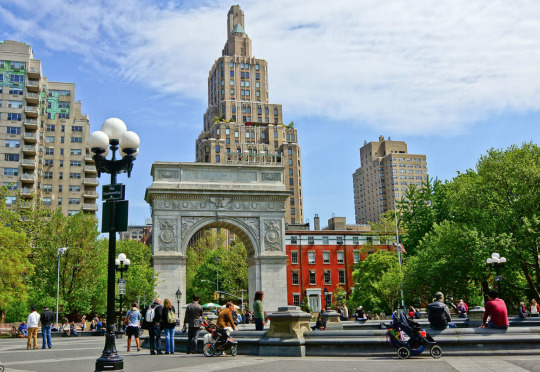
NYU is right in the center of the action, and Washington Square Park is its unofficial campus!
If you prefer a smaller city vibe (that may also be closer to nature in some cases!), look at:
Yale (New Haven, Connecticut – but note, very small LLM program for those who want to go into legal academia)
Cornell (Ithaca in upstate New York)
Duke (Durham, North Carolina)
UMichigan (Ann Arbor, Michigan)
UVA (Charlottesville, Virginia)

I mean, Duke does look pretty beautiful!
3. Getting great, not just good, recommendation letters
For background, my referees were my former judge whom I had clerked for, a senior law professors at my old law school whom I worked for as a casual academic for a few years in an interest area of mine, constitutional law, and a partner at my employer, a commercial law firm.
It’s very important to start very early to build authentic relationships with people you plan to ask to be your referees. Semi-regular coffee catch ups or similar with former employers or professors and cultivating a mentorship relationship where they feel genuinely invested in your career is always going to be better than reaching out to them cold just before applications are due!
In any case, even if you are reaching out cold, make sure you get on your referees’ good side by giving them as much lead time/notice as possible for recommendation letters. While they only need to write one generic ‘Dear Admissions Committee’ letter for LSAC, my referees also tailored their letters for about 4 or 5 separate scholarship applications, and for the separate Harvard application. That’s a lot of trouble and effort, and so it pays to give them enough time, as well as promise to remind them or send them calendar invites.
While my referees wanted to write their letters themselves, I wrote bullet points noting key application or scholarship eligibility criteria and my relevant experience/awards/goals that aligned with those criteria.
When I have spoken to LLM peers here, they also offered to draft their recommenders’ letters if they were too busy or if they were not as confident with their English skills. This offer was unsurprisingly often accepted!!
One key last tip - it might be worth discussing with your referees over coffee or email the typical style of American reference letters. If people in your culture tend to be quite understated, a genuinely well-meaning recommendation letter might read “Jane is a bright student, and performed very well in my class.” However, admissions committees in the US are accustomed to reading statements like: “Jane ranks among the best students I have taught in my 35 year teaching career, and I have no doubt she will be at the top of her class in the LLM program.” Conversations about this with your referee in advance might be very helpful in pushing the letter a bit further into the glowing American territory!
4. Read the fine print
This is a simpler one, but oh, how hard it is to do when there is so much information to process!
Make sure you read the instructions carefully for each school. For example, Columbia is the only law school that requires a Statement of Class Rank as well as a transcript (if your rank is not already identified on your transcript).
My application was marked incomplete and was held up there for a month until this separately arrived from my law school, and I spent a good 6 weeks panicking about it ruining my chances of being accepted there. It all worked out in the end, but I could have saved myself some serious stress!
On the other hand, if your class rank is pretty low and you are worried about it, it might be worth not applying to Columbia, because then you don’t need to provide this rank statement to LSAC and have it be seen by all the other schools.
5. Weaving your narrative
This is probably the most important tip. A good American personal statement is not like a cover letter - it is your personal story in the law and beyond. Why are you the person and lawyer you are today, and who will you become?
Everyone’s story and structure will be different because of your different motivations for pursuing the LLM e.g. are you hoping to use the LLM to shift your career focus from one area to another, such as from commercial litigation to public interest? Or are you hoping to build strong foundations in US law and legal practice to qualify for the NY Bar exam and work in the same field in the US? Or are you merely taking classes in a certain field (e.g. taxation, antitrust) to broaden and deepen your knowledge before returning home to continue working in that field)?
This was the general structure that worked for me. Please don’t take it as gospel, as I never saw anyone else’s application style or structure - but I did get verbal feedback on an early draft from a colleague who previously studied at NYU. This led me to make significant restructuring changes to make it more interesting!
a. Set the scene and hook the reader about your interest area:
“My keen interest in public interest litigation was ignited in 2015 during my work on a pro bono case whilst I was still in law school and working part-time at national firm, [X and Y]. We represented a non-profit foundation….[briefly described what the case was about, the successful outcome and the lesson it taught me].”
b. Briefly introduce your work experience, and tie in why you are pursuing an LLM at that law school
For example, because it would provide the strongest possible foundations for a career in [X] to build on your existing experience.
c. Give two to three reasons why that law school is the ideal institution for your LLM over a few paragraphs
(e.g. particular professors/areas of strength of the law school, its experiential learning opportunities (clinics, internships, seminars, simulations etc). In these paragraphs, weave in your own demonstrated experience and/or interest in these areas, and show how you are building off your existing experience.
7. Consistency is key
One final application tip is to try to be as consistent in your narratives as possible across your personal statement, your CV and the separate questions, and to ask your referees to emphasize your ‘angle’ or hook.
For example, if you are telling the admissions committee that you want to be Germany’s leading white collar crime defense attorney, this should be reflected and woven into each of the separate pieces of your application. It would be amazing if your referees worked in this space too (as criminal law professors, or leading attorneys in this field, or judges) but this isn’t necessary. One referee should not, however, be writing that you did so well in Intellectual Property that you will undoubtedly be an excellent patent lawyer one day.
In short - a cohesive application is a good application!
Although this may all seem overwhelming - it all feels worth it in the end when you get to take in views like this and reflect back on all the hard work that got you to this place 😀
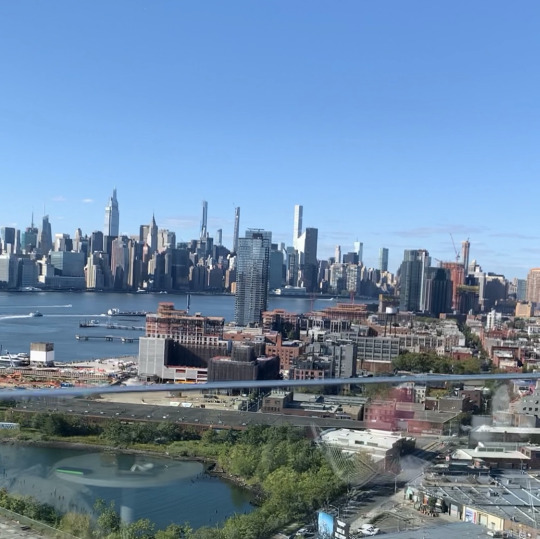
Let me know if you have any further questions or want me to elaborate on any of the above!
3 notes
·
View notes